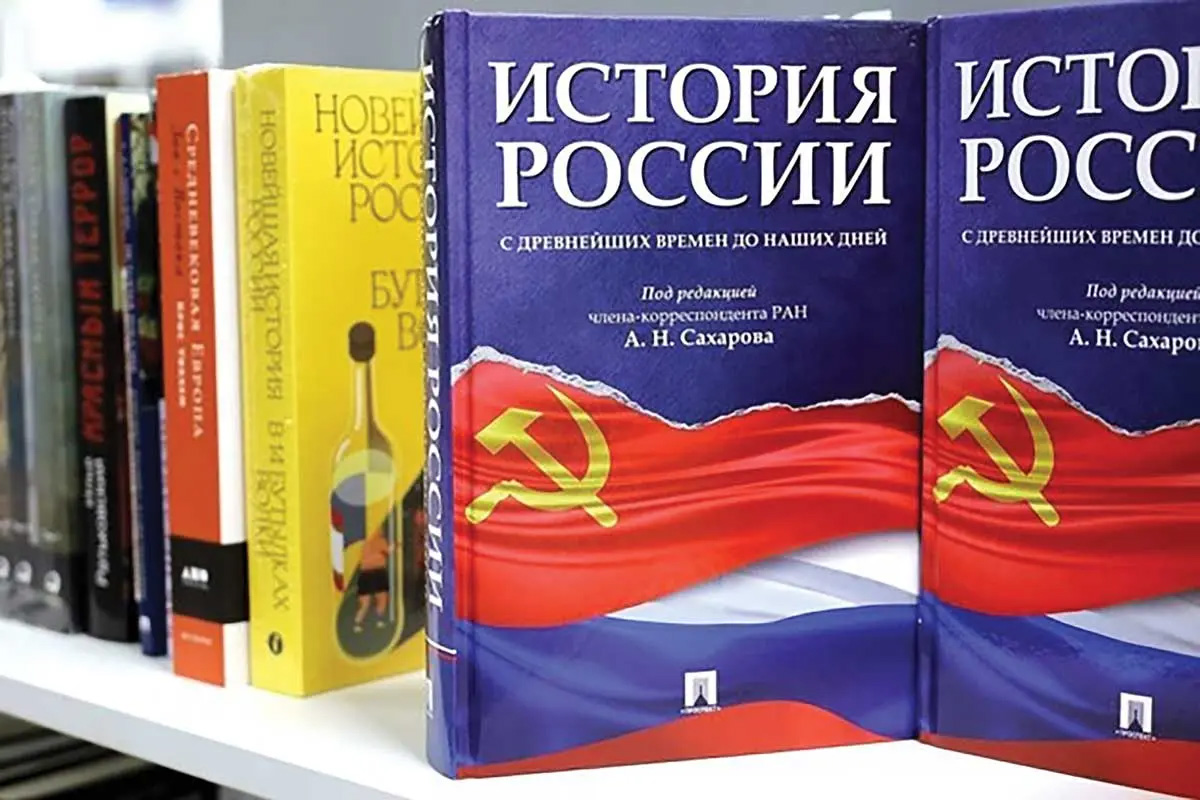
Dr. Robert F. Baumann
The new ideology put forth by Russian leaders in light of their struggles during Russia’s “special military operation” in Ukraine provides a useful lens through which to understand the ambitions of the Putin government.
Article published on: September-October 2023
Download the PDF 
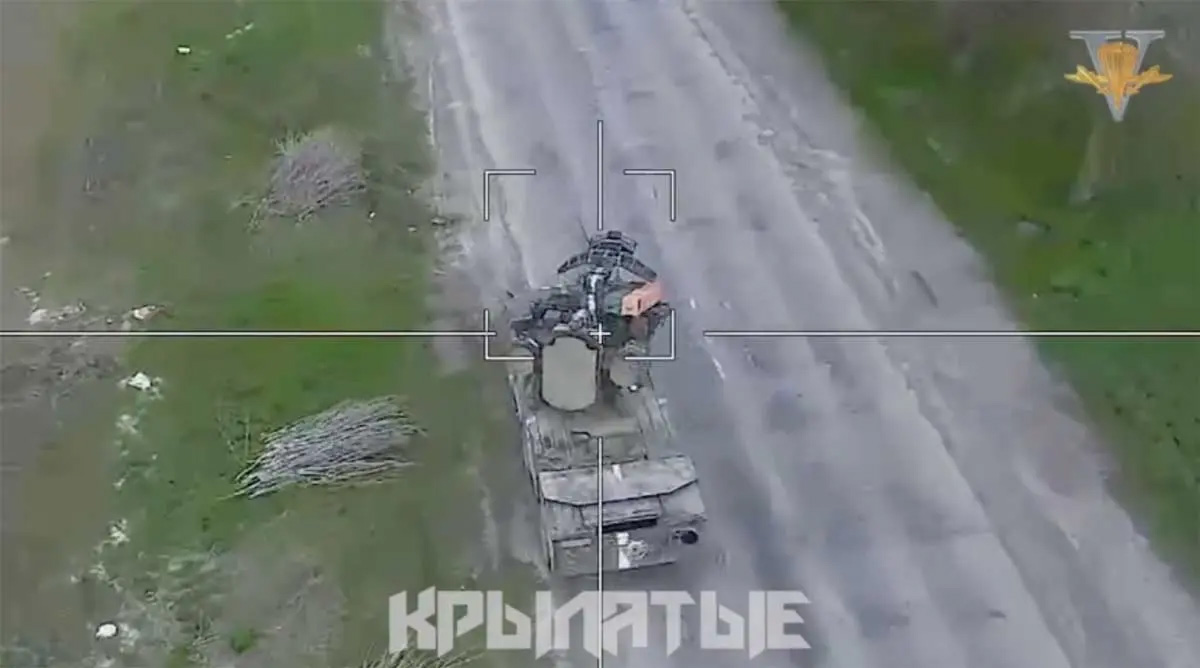
How Ukraine and Nagorno-Karabakh Highlight Present Air and Missile Defense Shortcomings and the Necessity of Unmanned Aircraft Systems
Capt. Josef “Polo” Danczuk, New York Army National Guard
Two of the most recent conflicts provide numerous examples of how modern militaries are fighting with unmanned aircraft systems and how they are capitalizing on the use of those systems through information operations.
Article published on: July-August 2023
Download the PDF 
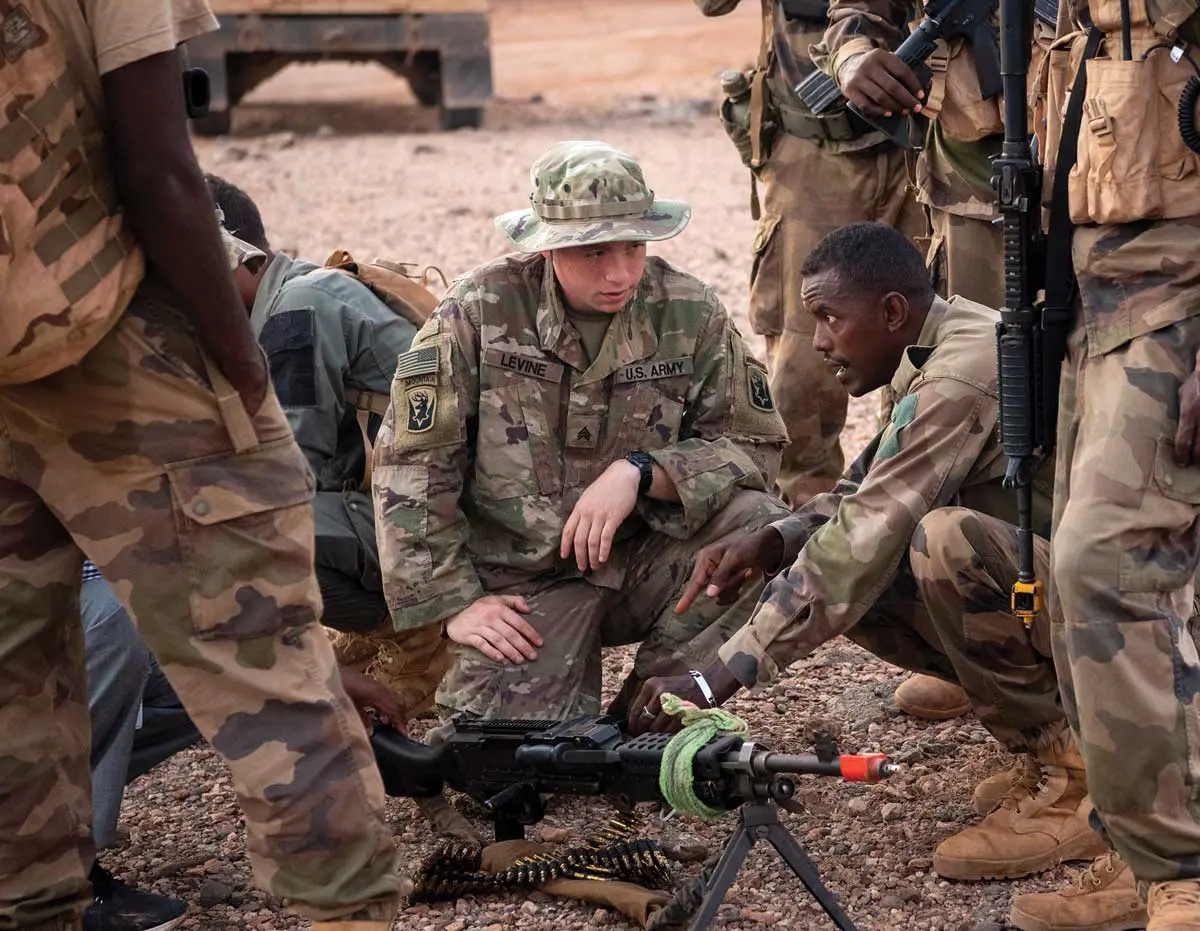
Changed and Challenging Dynamics
Dr. Christopher Spearin
The Wagner Group, a Russian semistate security organization that supports Russian commercial and strategic interests, offers African nations an alternative to U.S. security force assistance.
Article published on: July-August 2023
Download the PDF 

Lt. Col. John Q. Bolton, U.S. Army
This article discusses observations and implications of Russia’s invasion of Ukraine. The most intense fighting in Europe since World War II provides insights that should inform defense doctrine, equipping, and training.
Article published on: July 2023
Download the PDF 
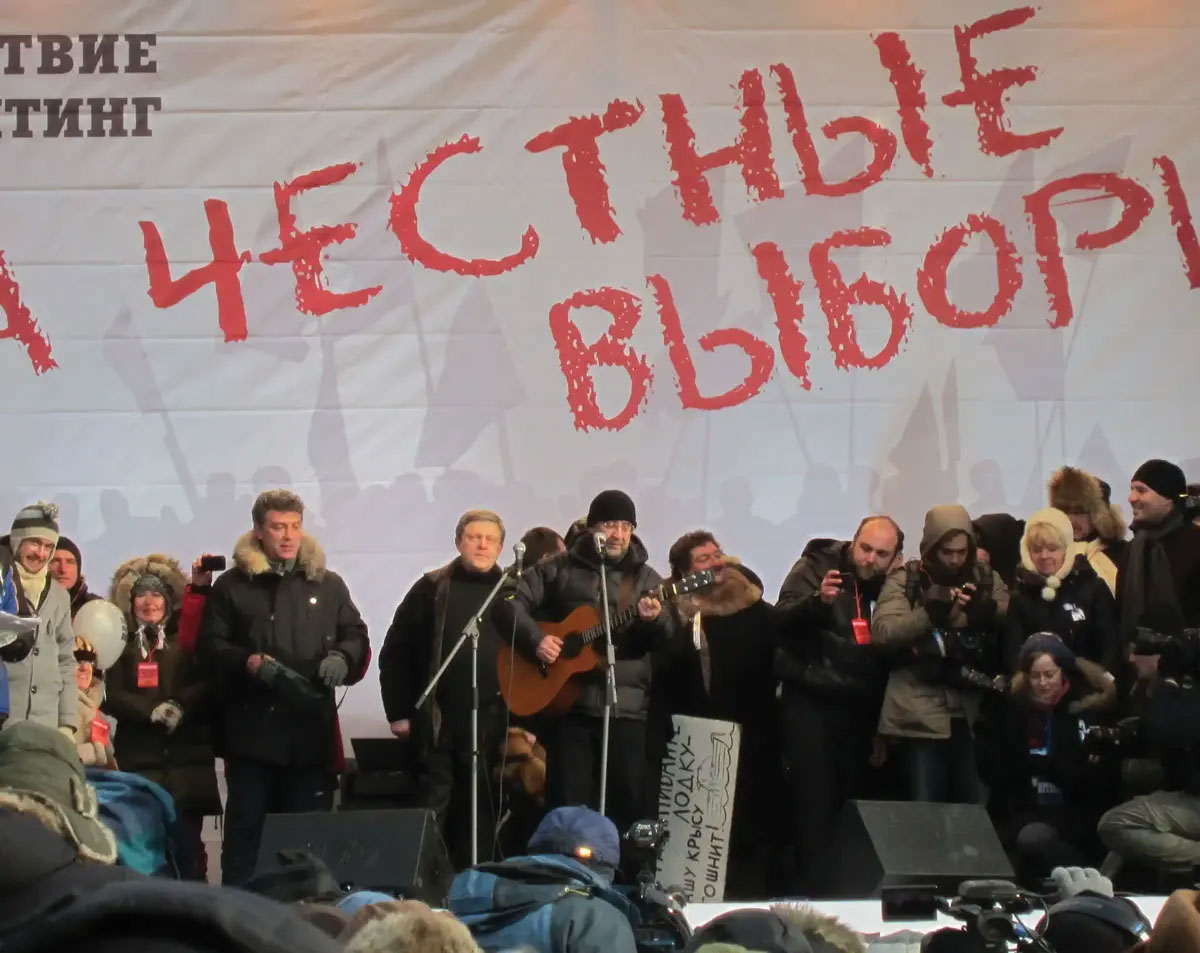
Dr. Robert F. Baumann
Numerous Russian bands and rock stars are using their music to protest Russia’s invasion of Ukraine. Like in the United States during the Vietnam War, antiwar music has become their principal medium of political protest against the actions of the regime.
Article published on: March 2023
Download the PDF 
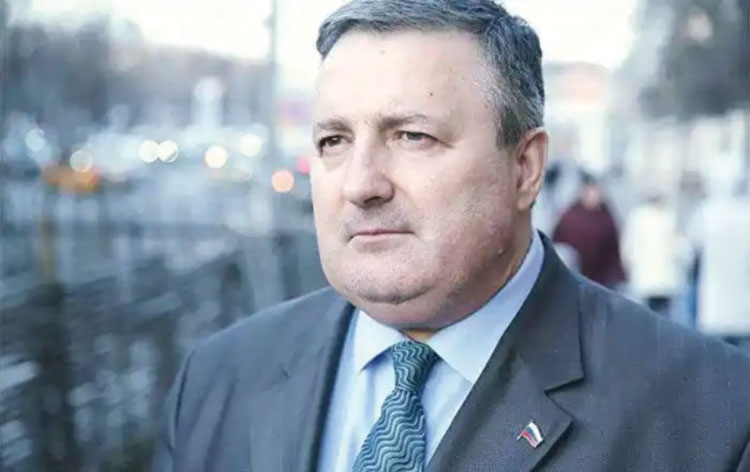
Aleksandr Perendzhiev
Translated and Foreword by Ray Finch
The development of the Russian Federation in the modern world is taking place against the background of well-known challenges as well as new threats to its national security, which are primarily associated with the geopolitical position of Russia and its role in world politics.
Article published on: 06 February 2023
Download the PDF 

Assessment and Lessons from Ukraine
Maj. Jamie Critelli, U.S. Army Reserve
*Capt. Gustavo Ferreira, PhD, U.S. Army Reserve
Many lessons have been learned from the ongoing war in Ukraine to include the growing awareness of the need for resilient civil societies that are prepared to deal with shocks and will likely bounce back after a crisis.
Article published on: 19 January 2023
Download the PDF 

Robert F. Baumann, PhD
Russia’s February 2022 invasion of Ukraine has triggered a transformation in Russia’s domestic media-information environment, partly through new laws on censorship but even more so by means of a dramatic intensification of trends evident from the beginning of Vladimir Putin’s second indefinite tenure as president.
Article published on: 29 November 2022
Download the PDF 
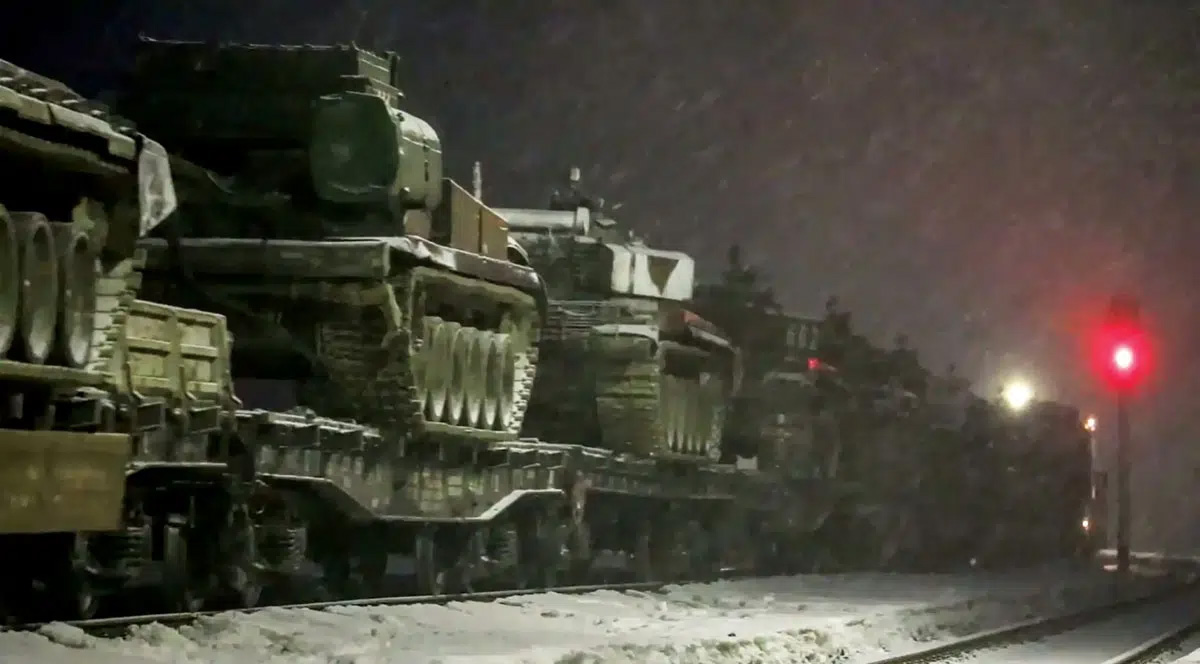
Lukas Milevski
On 24 February 2022, following a pattern it began in 2008 and continued in 2014, Russia proved once again that it was perfectly willing to start major war in Europe. Beyond the attention paid to its war, Russia has tangentially also pushed Baltic defense back close to the center of NATO’s security agenda.
Article published on: 09 September 2022
Download the PDF 
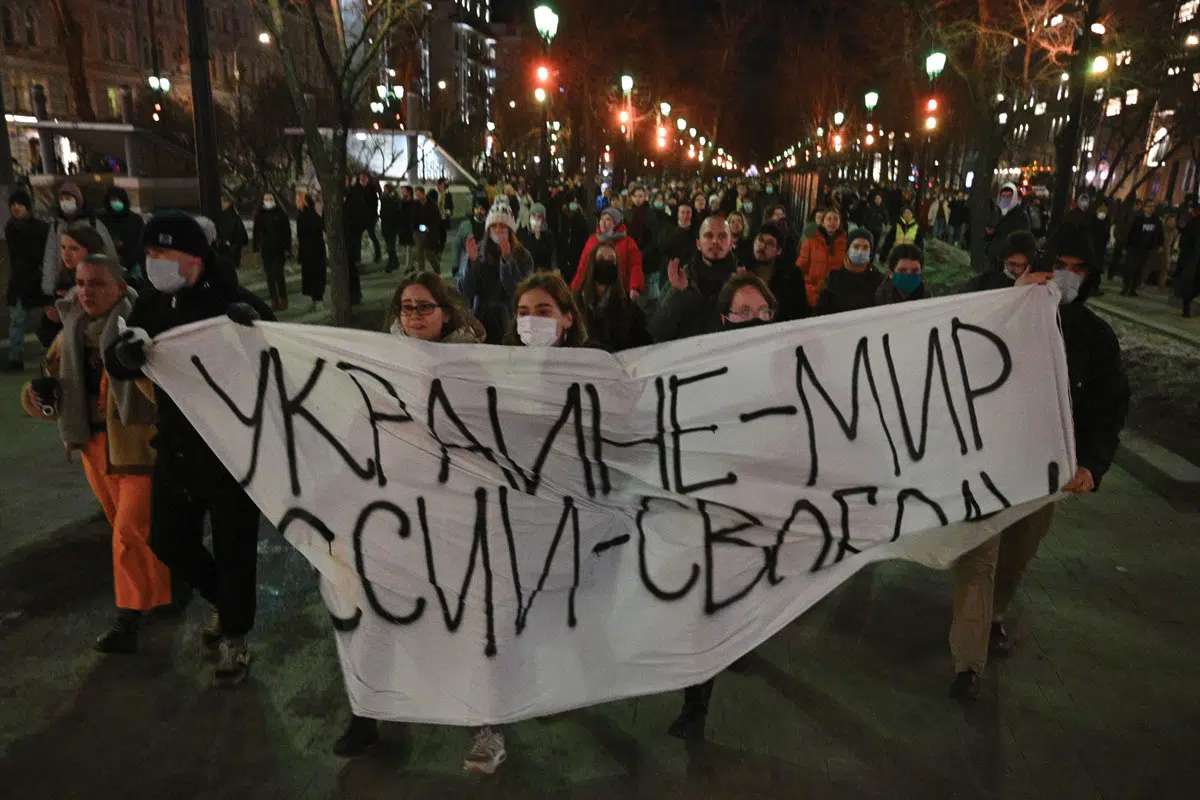
Applying the American Experience
John Mueller, PhD
The author provides examples of how U.S. public opinion impacted the Nation’s involvement in its wars and applies lessons learned in a comparison with current Russian public opinion regarding its war with Ukraine.
Article published on: 02 August 2022
Download the PDF 
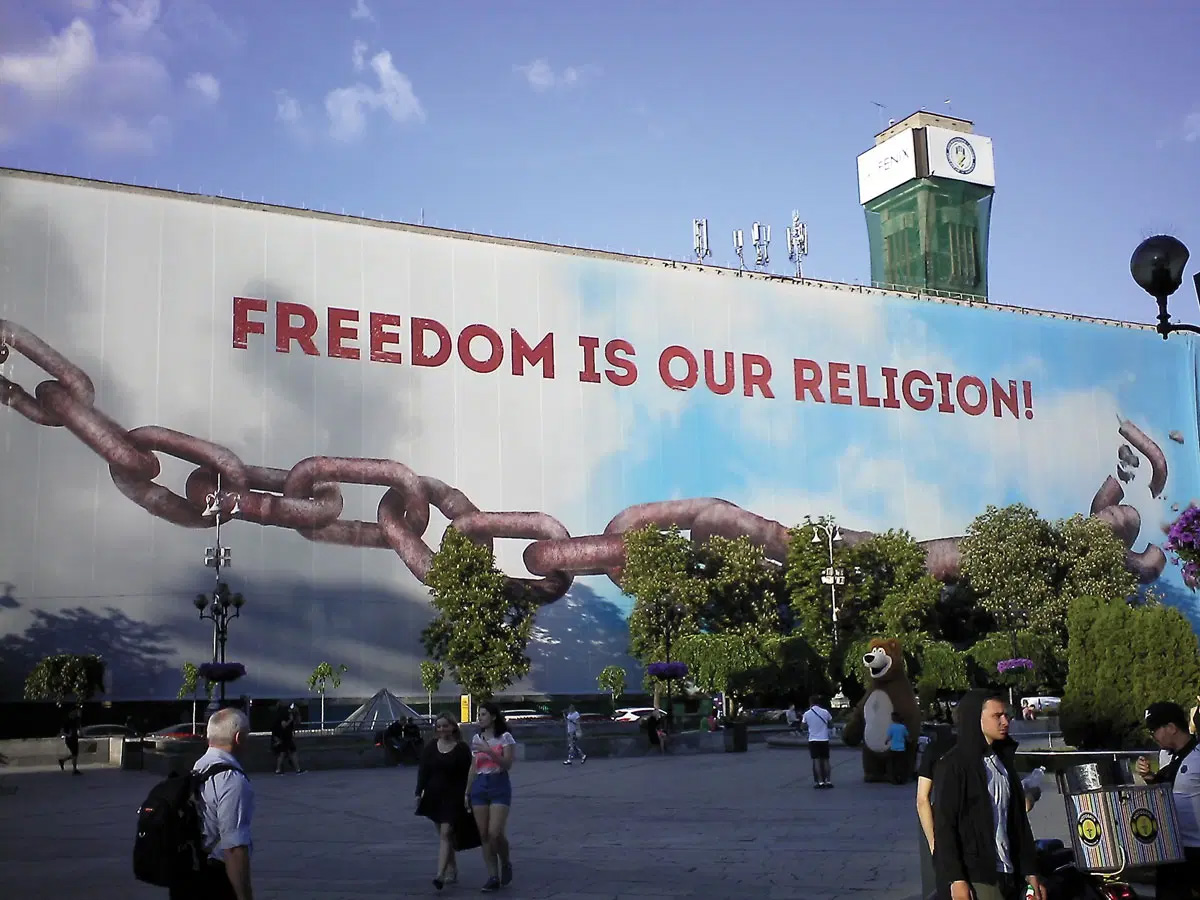
Ian J. Courter
The February 2022 Russian invasion of Ukraine was unsurprising to many longtime analysts and regional experts as the conflict fit a clear pattern with roots going back centuries. Furthermore, a broad swath of academic and military literature published since the 2014 Russian takeover of Crimea A Ukrainian mural in Kyiv’s Independence Square proclaims to the world in English a Ukrainian view on the country’s future.
Article published on: 08 July 2022
Download the PDF 
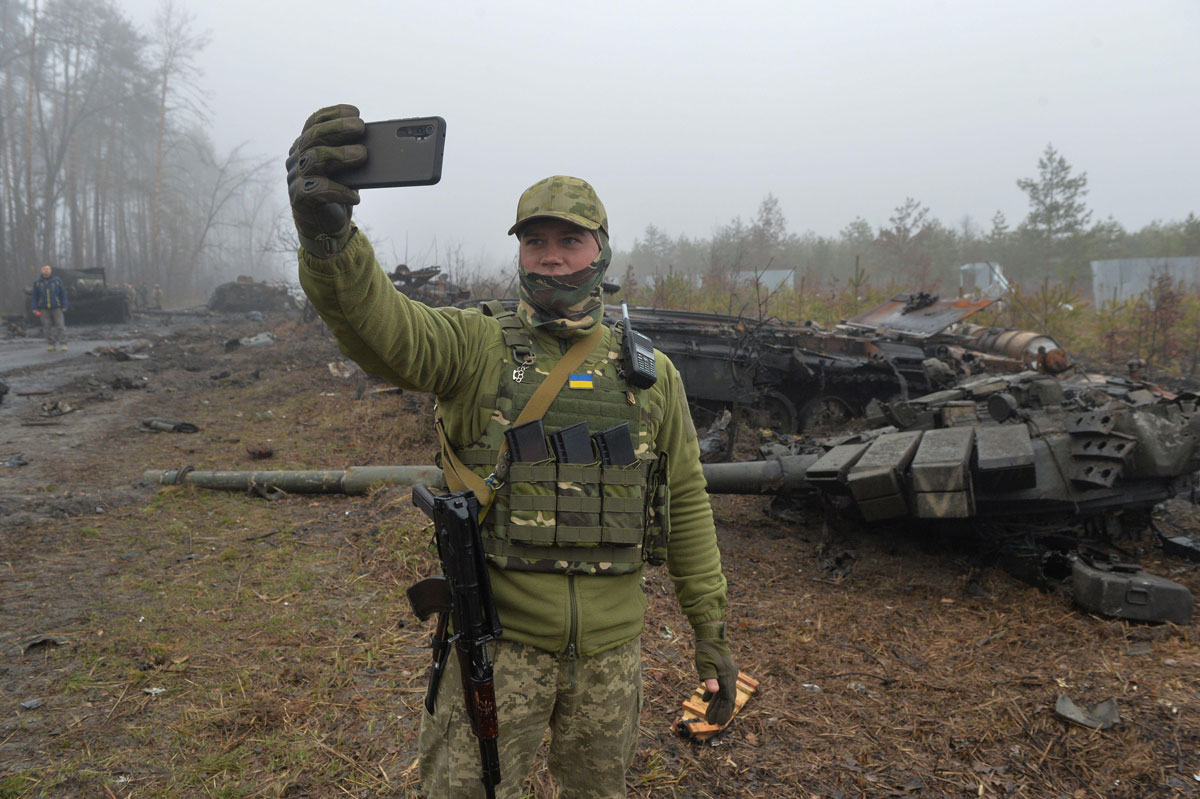
Applying the Lessons of Ukraine’s IO Campaign to Future Large-Scale Conventional Operations
Col. Theodore W. Kleisner, U.S. Army
Trevor T. Garmey
As the first large-scale conventional conflict between near-peer adversaries since the 1973 Yom Kippur War, the Russian invasion of Ukraine has provided warfighters a unique opportunity to assess prevailing assumptions about large-scale combat operations (LSCO) in real time. The conflict offers lessons spanning the full spectrum of U.S. arms, and its campaigns must be carefully studied as the U.S. Army focuses on great-power competition.
Article published on: 29 April 2022
Download the PDF 
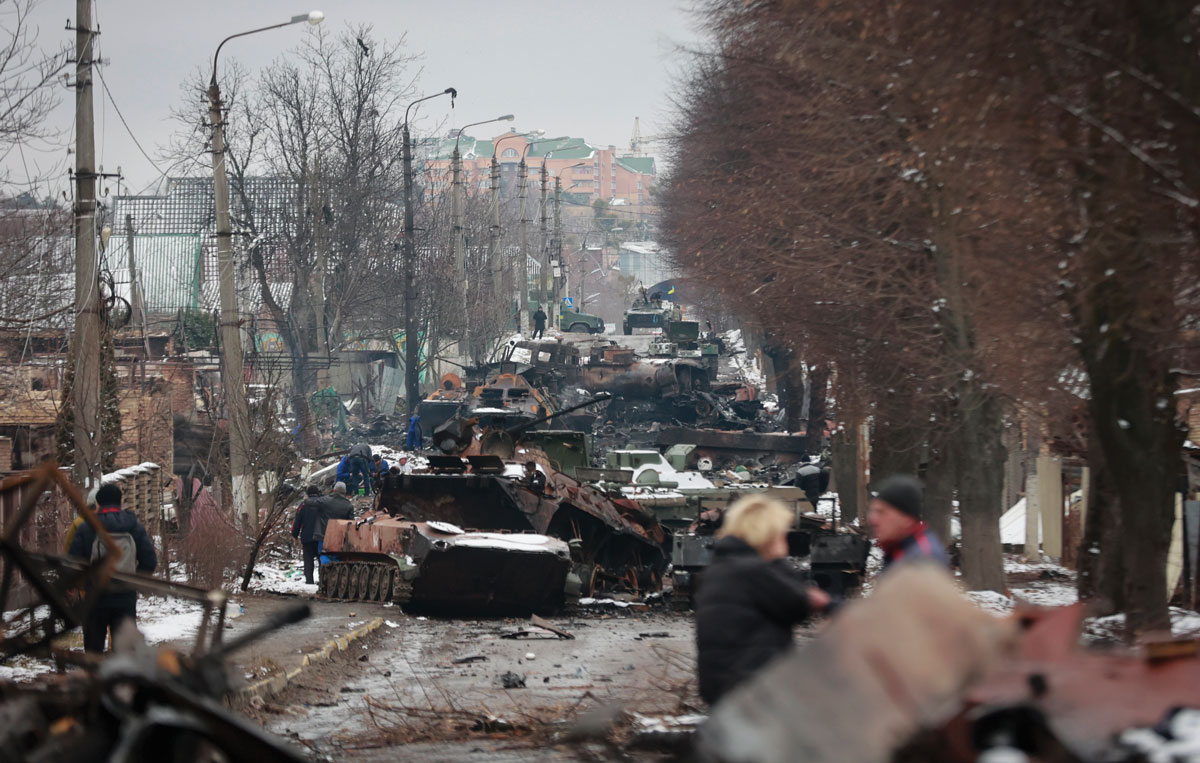
The United States and Ukrainian Resistance to Russia
Marc R. DeVore
Andrew Orr, PhD
Ash Rossiter, PhD
The failure of Russia’s plan to quickly win the war in Ukraine and topple the country’s democratically elected government by occupying Kyiv and other major cities has opened strategic possibilities, including a long-term war of attrition that most strategists did not anticipate before the Russia’s expanded invasion.
Article published on: 20 April 2022
Download the PDF 
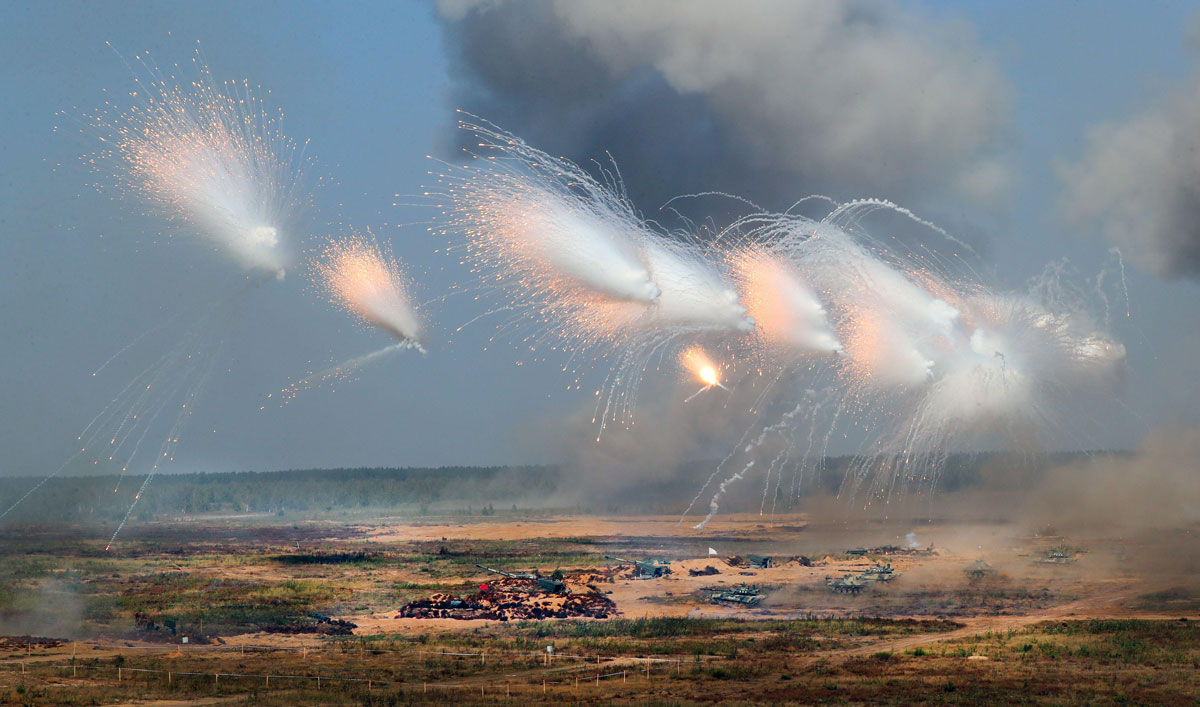
An Experimental Approach
Maj. Frederik Wintermans, Royal Netherlands Army
Dan G. Cox, PhD
Much debate regarding Moscow’s intentions in the Baltic Sea region preceded the quadrennial Russian military-strategic exercise ZAPAD-2021. With the backdrop of increasing NATO-Russia tensions over the past few years, some believe the Kremlin desires to seize and control the Baltic States.
Article published on: 22 March 2022
Download the PDF 

Strategic Implications of a Sino-Russian Energy Economy
Maj. Philip Murray, U.S. Army
Daniel Keifer
Russia’s growing reliance on Chinese capital to increase capacity in its hydrocarbon export market is making it vulnerable to global market shocks and political exploitation.
Published in the Military Review Nov-Dec 2022 hard copy
Download the PDF 
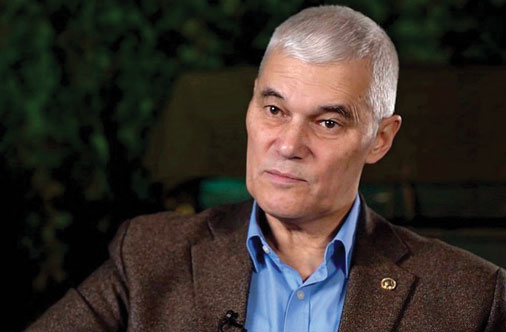
The Geopolitical Consequences of the Special Operation Will Change the Entire View of the World
Konstantin Sivkov
Translated and Foreword by Lt. Col. Charles K. Bartles, U.S. Army Reserve,
U.S. Army Reserve
“Ukraine Is Just the Beginning” presents a Russian point of view regarding Russia’s invasion of Ukraine by Konstanin Sivkov, a prominent member of the Russian military-scientific community.
Published in the Military Review May 2022 Online Edition
Download the PDF 
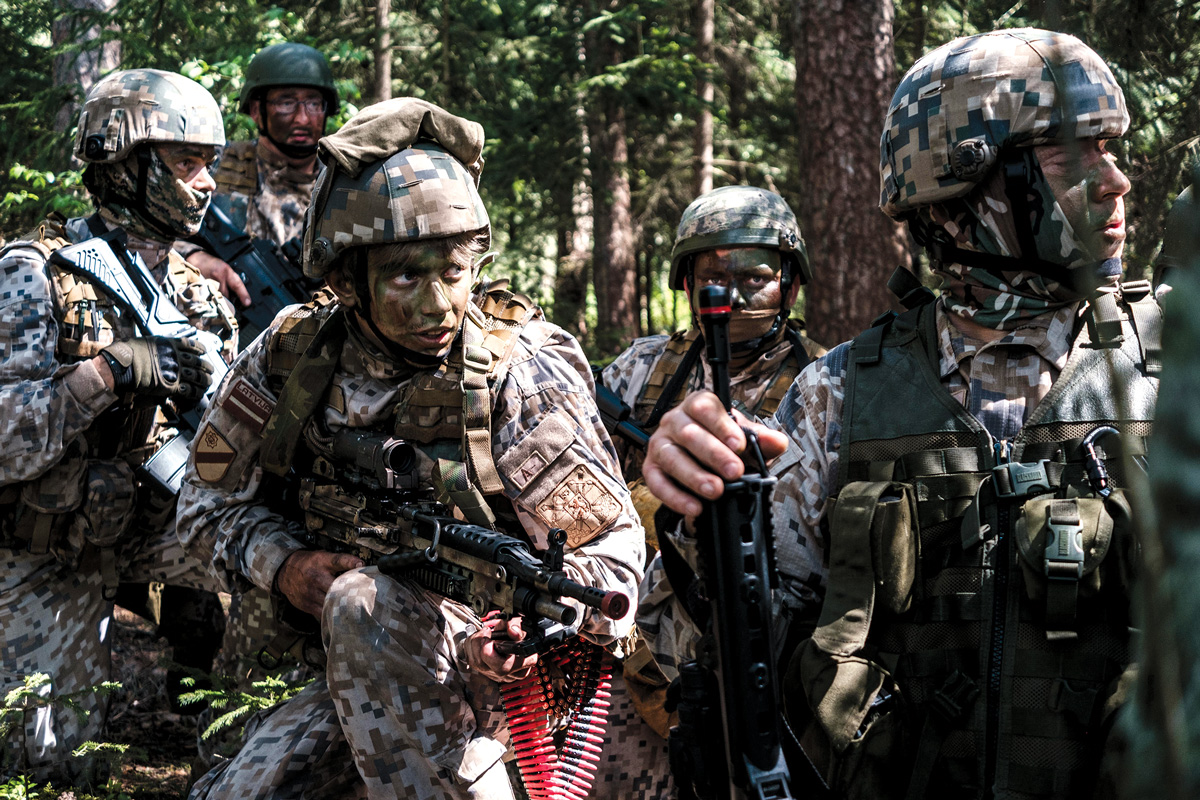
Command and Organization in Resistance Underground Operation
Col. Kevin D. Stringer, PhD, U.S. Army Reserve
The author explores the history of stay-behind resistance networks and discusses considerations regarding their possible role in countering potential Russian aggression in Europe.
Published in the Military Review July-August 2021 Edition, pg 125
Download the PDF 
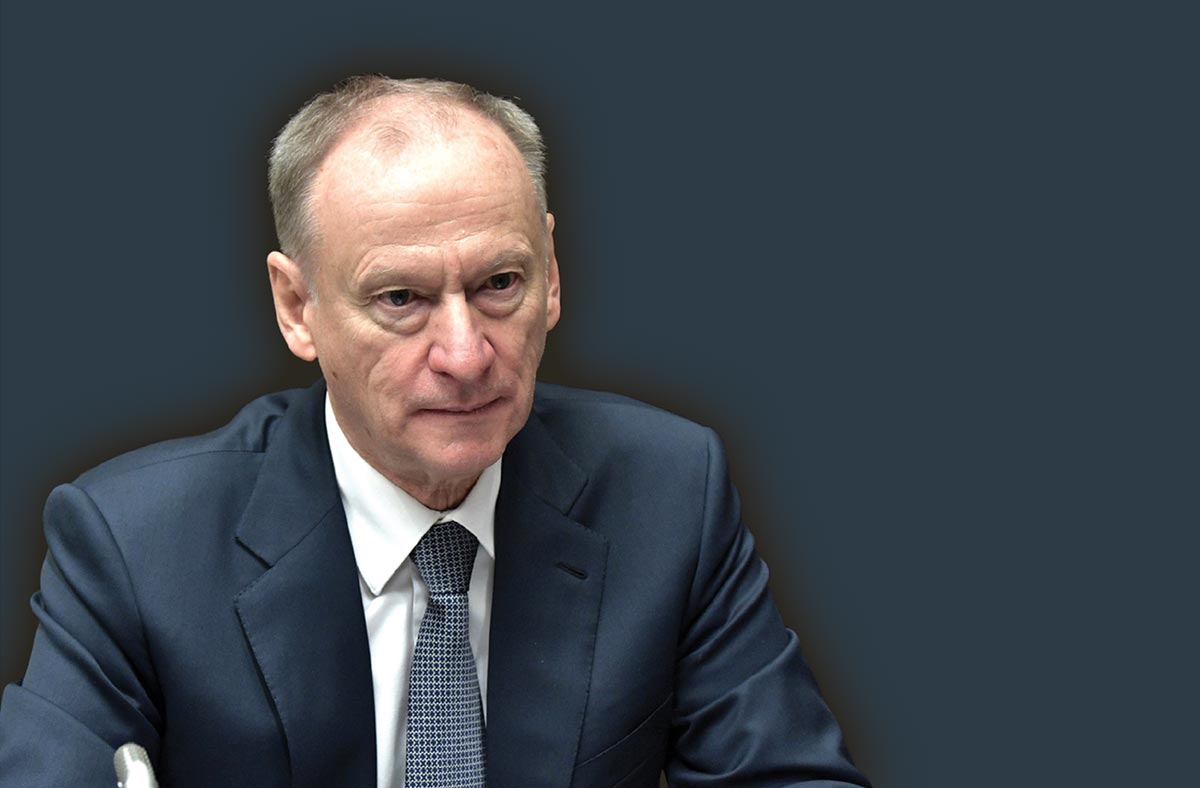
Nikolai Patrushev
Russian Secretary of the Security Council, Nikolai Patrushev, comments on the system of traditional Russian values.
Published in the Military Review January-February 2021 Edition, pg 136
Download the PDF 
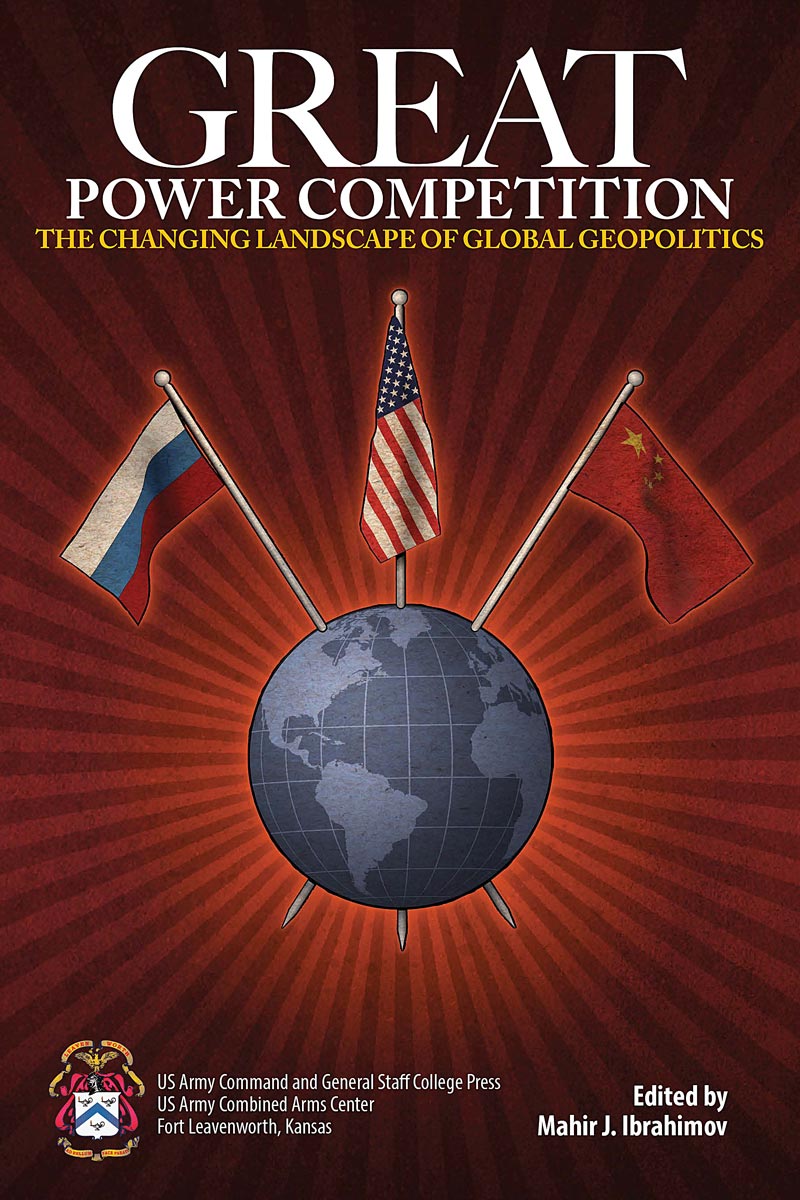
Anna L. Borshchevskaya
Originally published in Great Power Competition: The Changing Landscape of Global Geopolitics, this article examines the origin and evolution of Russian soft power, comparing and contrasting the current Russian view of soft power with that of the former Soviet Union and also with that of the modern-day West.
Published in the Military Review Online Exclusive January 2021
Download the PDF 
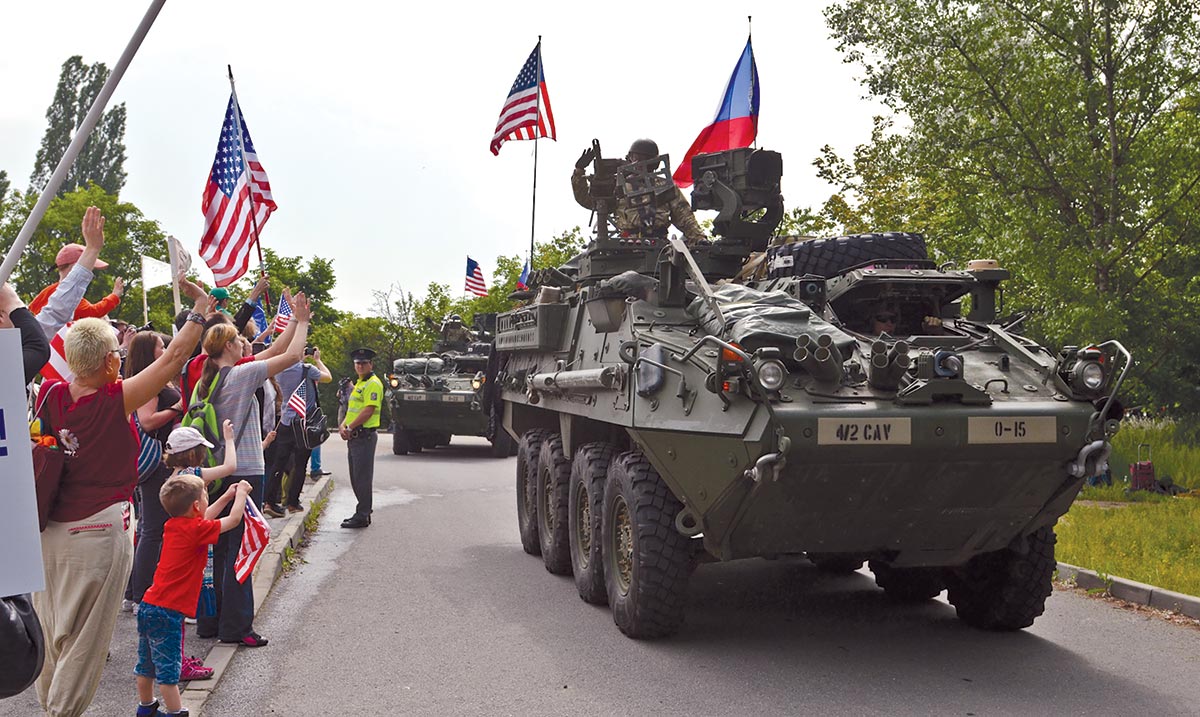
Maj. Jennifer L. Purser, U.S. Army
The author describes successful strategies for setting the theater from an information warfare perspective using a case study from the European theater between 2015 and 2019. 2020 Armed Forces Communications Electronics Association (AFCEA) Cyber Edge Writing Contest entry.
Published in the Military Review September-October 2020 Edition, pg 82
Download the PDF 
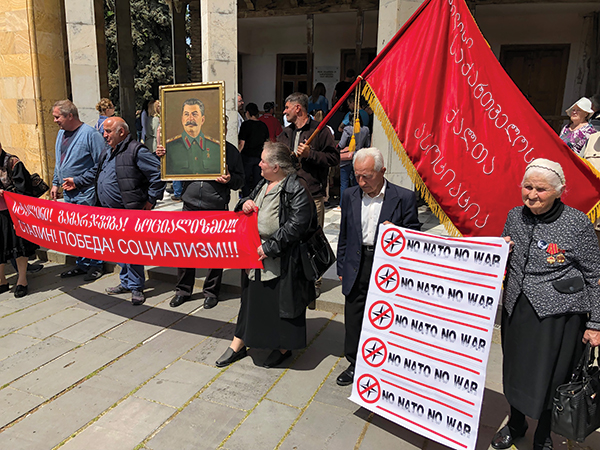
Deterring and Winning at the Tactical Level Deterring and Winning at the Tactical Level
James Derleth, PhD
A senior interagency training advisor at the Joint Multinational Readiness Center explores Russia’s belief that success in the contemporary operating environment requires lower-level formations to have a degree of autonomy and the capability to perform a variety of missions including psychological warfare and information operations.
Published in the Military Review September-October 2020 Edition, pg 82
Download the PDF 
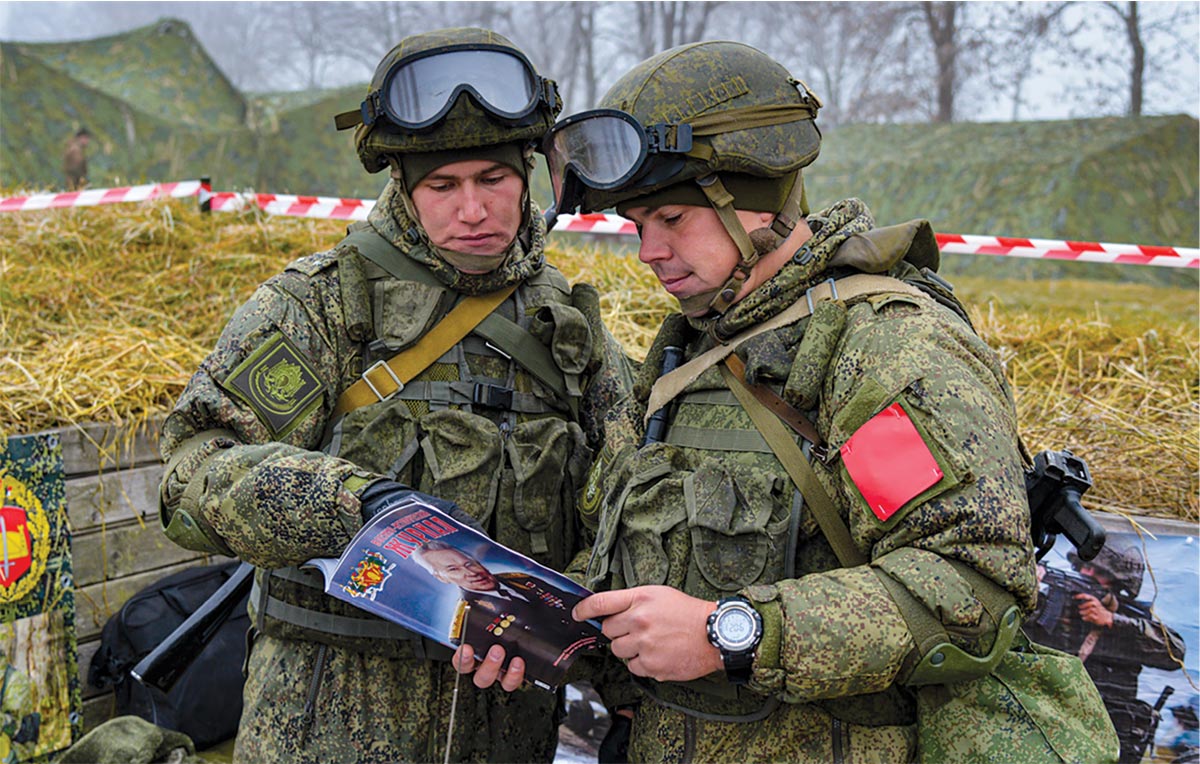
Maj. Ray C. Finch, U.S. Army, Retired
Russian leadership has worked to ensure the loyalty and devotion of those charged with defending the Russian state. To this end, Kremlin efforts include the reintroduction of the Main Military-Political Directorate into the Russian armed forces with the goal of ensuring “the traditional spiritual and moral values of Russian Society.”
Published in the Military Review July-August 2020 Edition, pg 52
Download the PDF 
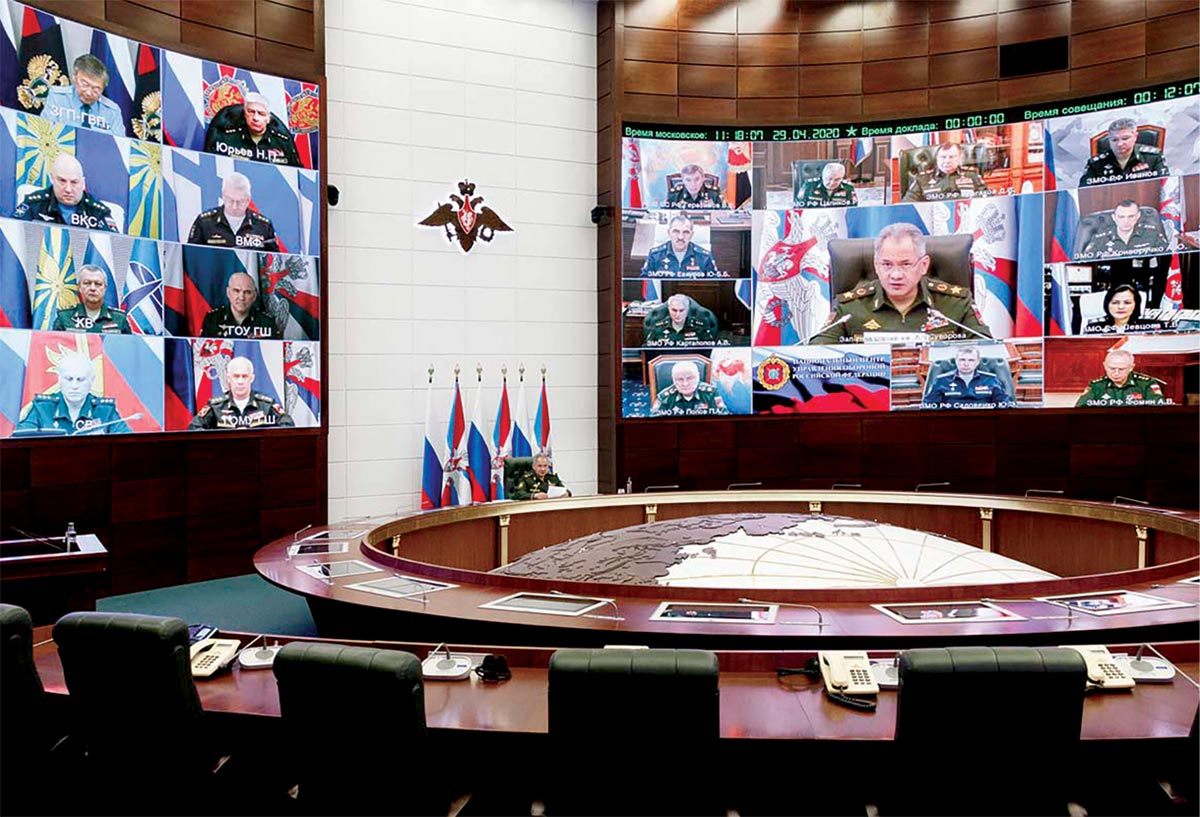
Tom Wilhelm
The director of the Foreign Military Studies Office suggests developments of the Russian military’s General Staff reveal a useful model for examining all levels of influence in the competition period, when conditions in the operational environment are below the threshold of armed conflict.
Published in the Military Review July-August 2020 Edition, pg 32
Download the PDF 
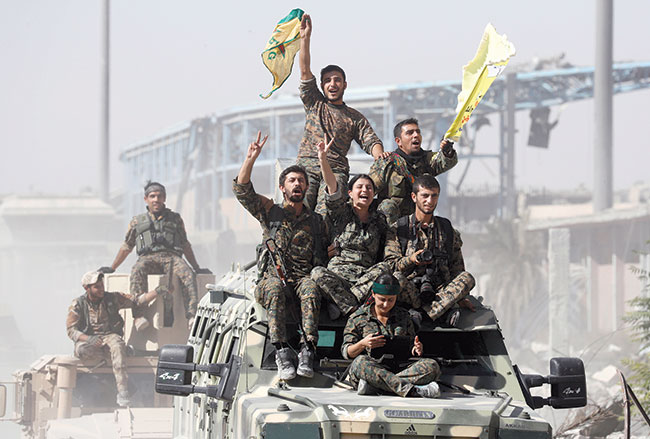
Syrian Kurds and Potential Destabilization in Northeastern Syria
Lt. Cmdr. Joshua M. M. Portzer, U.S. Navy
The author argues that the People’s Protection Units (YPG) must distance itself from the Kurdistan Workers’ Party (PKK) to appease Turkey, and shaping the YPG’s messaging and dialogue with Turkey should be the Syrian Kurds’ main line of effort.
Published in the May-June 2020 Edition of Military Review, p 92
Download the PDF 
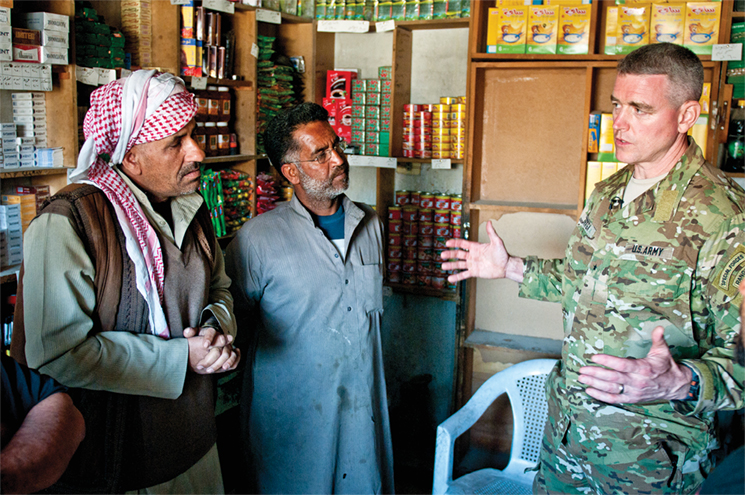
A Whole-of-Government Approach to Evaluating Civil Authority
Lt. Col. Peter Brau, U.S. Army
In a follow-up article to the previously published “Civil Authority in Manbij, Syria,” a civil affairs officer recounts U.S. efforts to help restore normalcy to northeast Syria through interagency coordination and support of local civil councils.
Published in the March-April 2020 Edition of Military Review, p 96
Download the PDF 
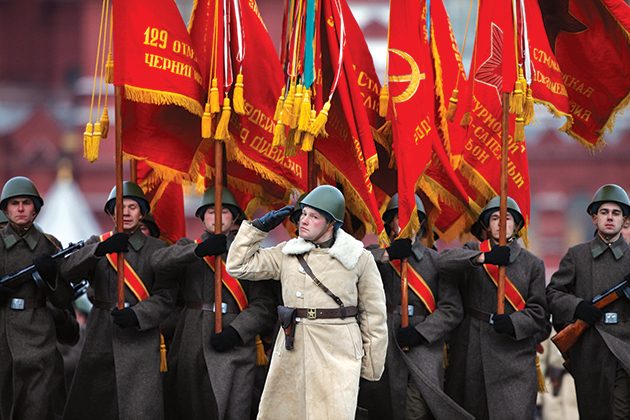
Robert F. Baumann, PhD
A Russian expert discusses how history has shaped the identity and behavior of the Russian people. The emphasis on loyalty to Russia’s heritage and traditions influences everything from support for the existing regime to willingness to serve in the armed forces of the Russian Federation.
Published in the Military Review November-December 2019 Edition, pg 69
Download the PDF 
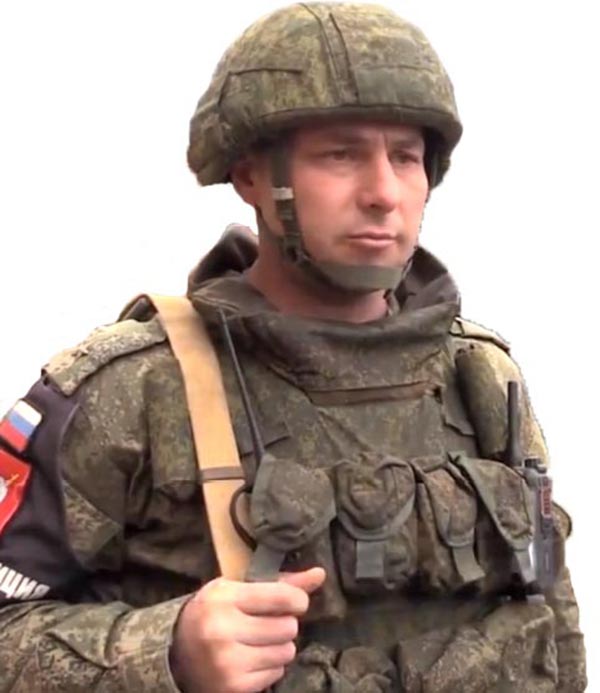
General of the Army Valery Gerasimov, Chief of the Russian General Staff
Translation and Foreword by Dr. Harold Orenstein and Lt. Col. Timothy Thomas, U.S. Army, Retired
A speech by the chief of the Russian General Staff provides great insight into the Russian geopolitical view of the world in general and the United States in particular, and future trends in the development of Russian military science and strategy.
Published on 5 November 2019, Military Review Online Exclusives.
Download the PDF 

Russian Operational Art in the Syrian Campaign
Lt. Col. Nicholas Sinclair, U.S. Army
The author describes the unique logic of Russian military thought and how Russia successfully implemented operational art during its campaign in Syria.
Published on 5 November 2019, Military Review Online Exclusives.
Download the PDF 
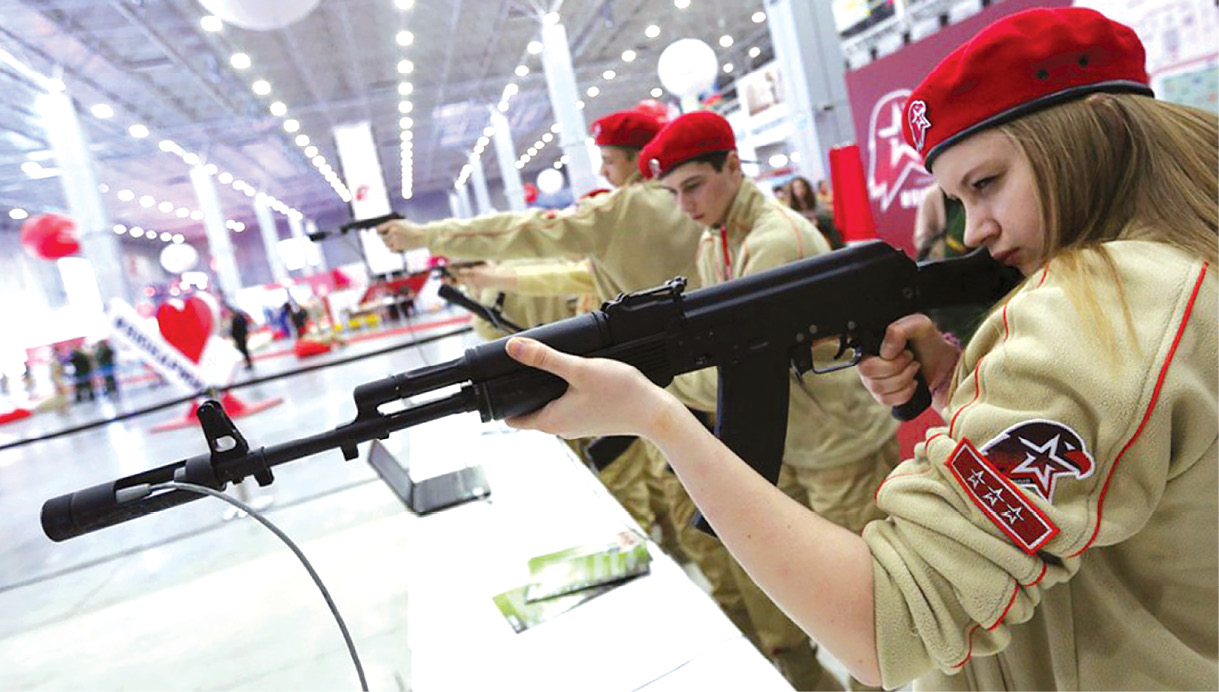
Winning the Hearts and Minds of Russian Youth
By Maj. Ray Finch,
U.S. Army, Retired
A Russian expert details one program initiated by Russian President Vladimir Putin to increase patriotism among Russian youth, and make service in the Russian military more attractive and respected.
Published in the Military Review September-October 2019 Edition, pg 112
Download the PDF 
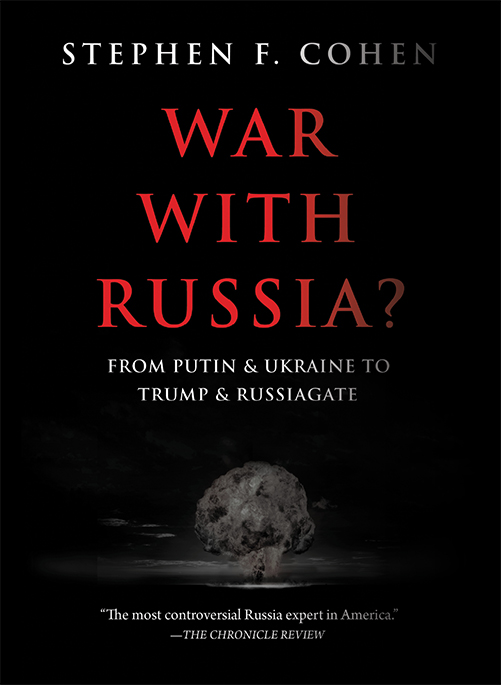
Review Essay of Stephen F. Cohen’s
From Putin & Ukraine to Trump & Russiagate
By Robert F. Baumann, PhD
The author critiques a book by Stephen F. Cohen that challenges conventional wisdom regarding Russian behavior
Published in the Military Review September-October 2019 Edition, pg 152
Download the PDF 
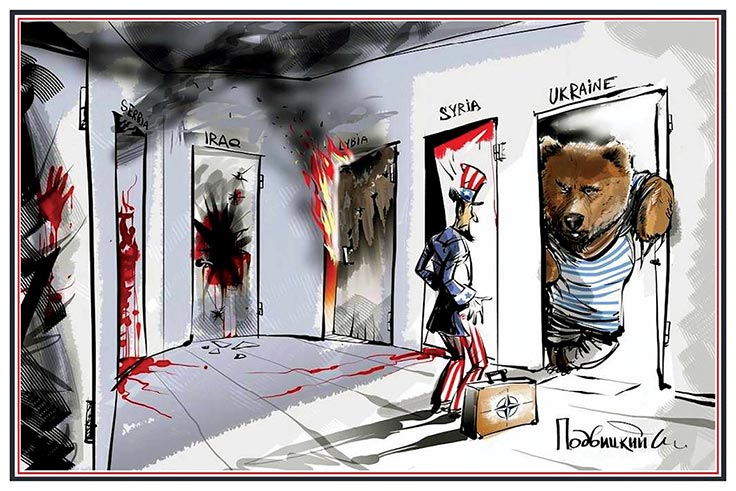
By Maj. Ray Finch,
U.S. Army, Retired
A Eurasian military analyst for the Foreign Military Studies Office at Fort Leavenworth, Kansas, provides an in-depth analysis of how the Russian media is used by its government to negatively portray the U.S. military.
Published in the Military Review July-August 2019 Edition, pg 86.
Download the PDF 
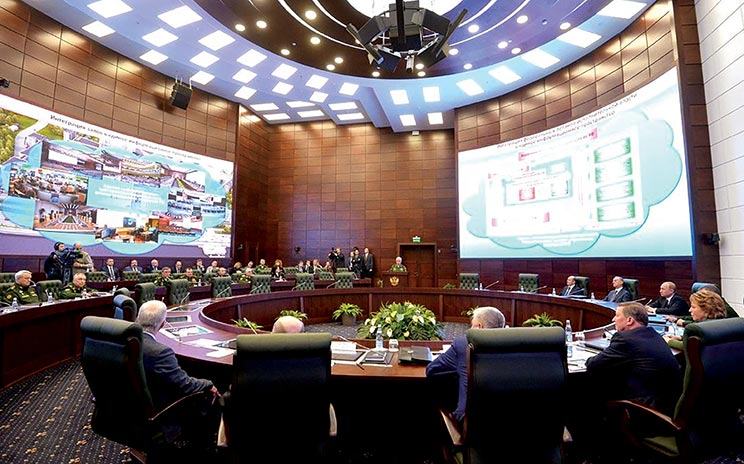
By Lt. Col. Timothy L. Thomas,
U.S. Army, Retired
A Russian expert examines the writings of contemporary military analysts from that country to describe the Russian military’s approach to future war planning.
Published in the Military Review May-June 2019 Edition, pg 84.
Download the PDF 

Enlisted Professionals
By Maj. Charles K. Bartles
Foreign Military Studies Office, Fort Leavenworth, Kansas
Russia is still overcoming growing pains in regards to its path for enlisted professional, and have had a few false starts, but appear to be generally satisfied with the path they are on. This could be useful to the U.S. and other militaries who train, advise, assist, and enable coalition operations. Given that the Soviets/Russians have trained many armies in the Middle East, Africa, Eastern Europe, and Central and South America, it is likely that these partner nations could better adapt the Russian system of enlisted professionalism rather than attempting to graft the US/Western NCO model to their armies.
Published on 11 March 2019, NCO Journal.
Download the PDF 
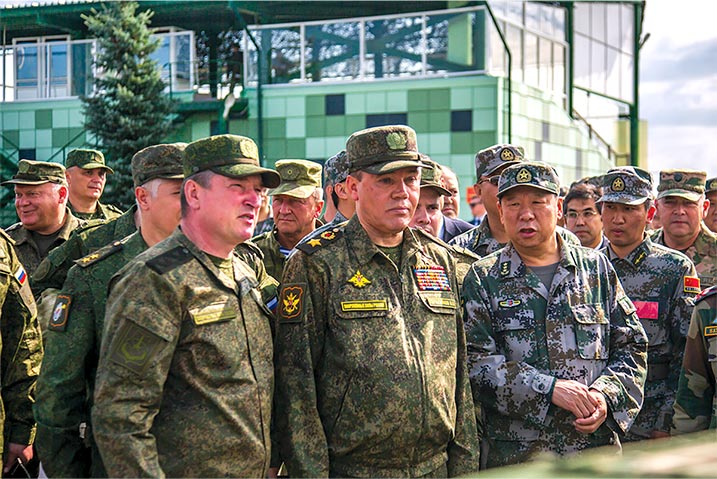
Thoughts on Future Military Conflict—March 2018
By Valery Gerasimov
Translated by Dr. Harold Orenstein
The author translates a speech by Russian General of the Army Valery Gerasimov, "The Influence of the Contemporary Nature of Armed Struggle on the Focus of the Construction and Development of the Armed Forces of the Russian Federation. Priority Tasks of Military Science in Safeguarding the Country's Defense."
Published on 3 January 2019, Military Review Online Exclusives.
Download the PDF 
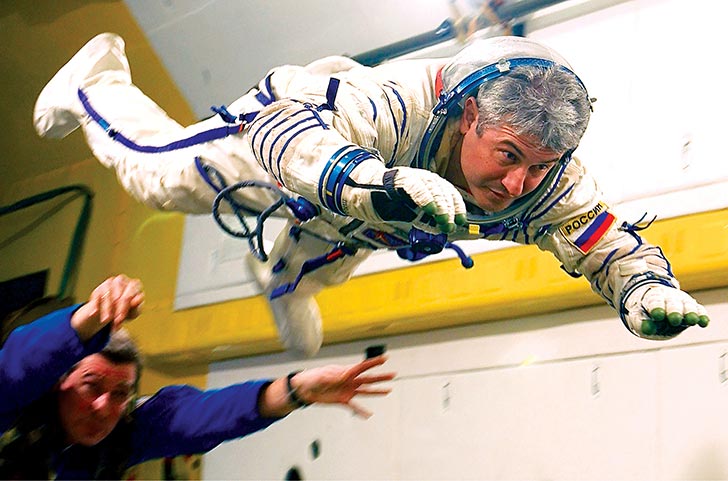
A Fruit of the Post-Cold War World Order
By Imanuela Ionescu
The author examines the gradual emergence of the de facto strategic and technological alliance that now exists between Russia and Brazil and why it has occurred.
Published in the Military Review November-December 2018 Edition, p 66.
Download the PDF 
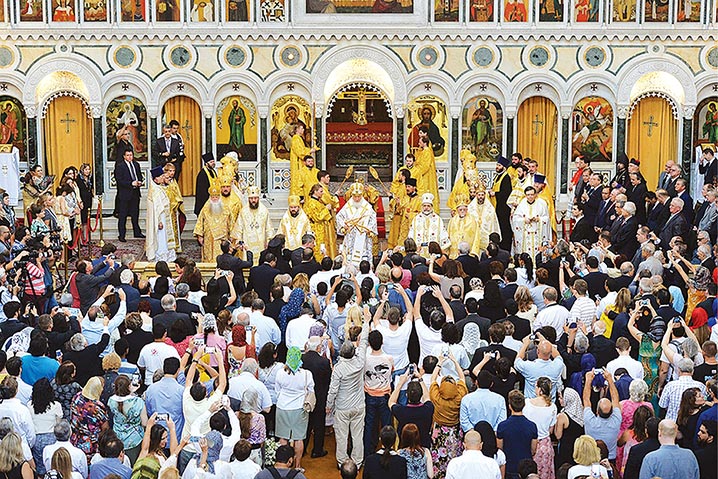
Moscow’s Bid for Influence Over Russian-Speaking Communities in the Region
By Brian Fonseca
Vladimir Rouvinski, PhD
The authors examine the evolution of Russian diaspora engagement in Latin America and the Caribbean, and assess its potential to support Russian domestic and foreign policy objectives.
Published in the Military Review November-December 2018 Edition, p 80.
Download the PDF 
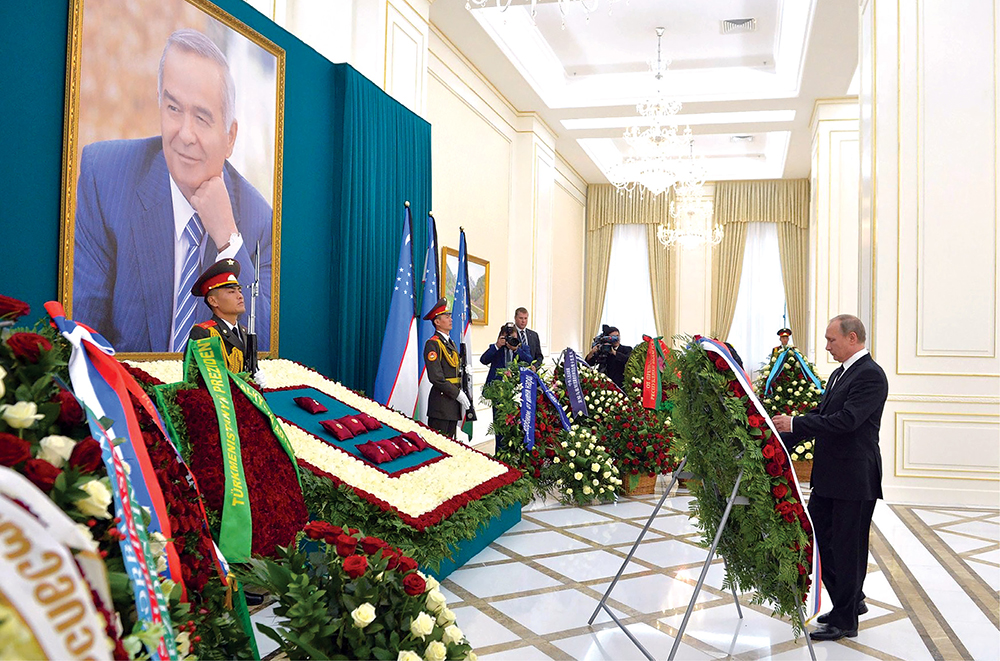
The View from Tashkent
By Robert F. Baumann, PhD
A scholar with expertise in Russia, Eastern Europe, and Central Asia analyzes Russian soft power, specifically as it is employed in Uzbekistan.
Published in the Military Review July-August 2018 Edition>, p 48.
Download the PDF 
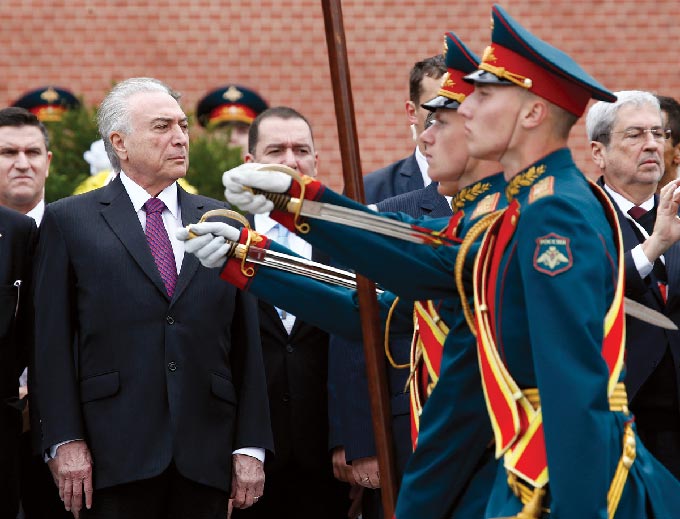
Augusto César Dall’Agnol
Boris Perius Zabolotsky
Fabiano Mielniczuk, PhD
The authors analyze the history of interactions between Brazil and Russia, painting a clear picture of the nature of the relationship.
Published in the July 27, 2018 Military Review Online Exclusives
Download the PDF 
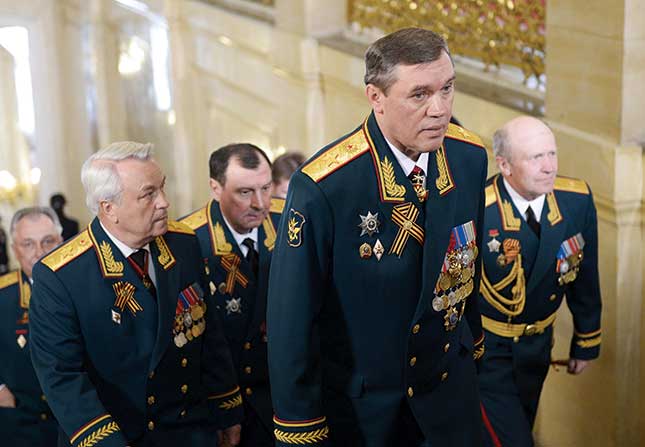
The Implementers of Concepts
By Lt. Col. Timothy Thomas, U.S. Army, Retired
An expert on Soviet/Russian studies defines and explains the Russian terms “forms” and “methods”; understanding how Russians use these terms can help Western analysts better understand how Russia intends to organize and employ its forces.
Published in the Military Review May-June 2018 Edition, p 48.
Download the PDF 
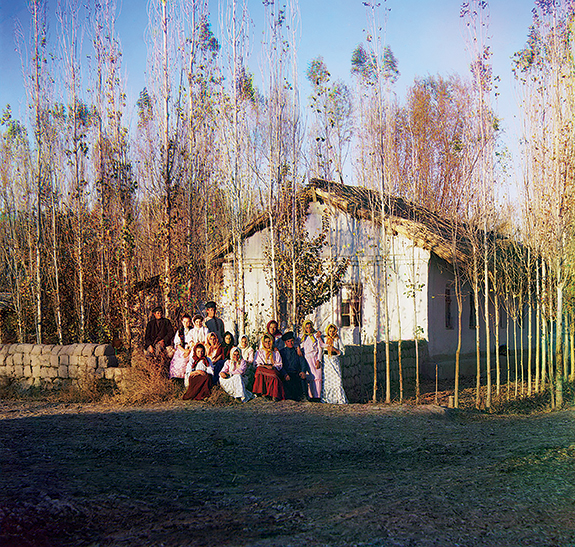
By Öncel Sencerman
In a companion piece to the Huntington article, a Turkish PhD candidate describes how Russia is using its diaspora as an instrument of foreign policy in the former Soviet republics.
Published in the Military Review March-April 2018 Edition, p 40.
Download the PDF 
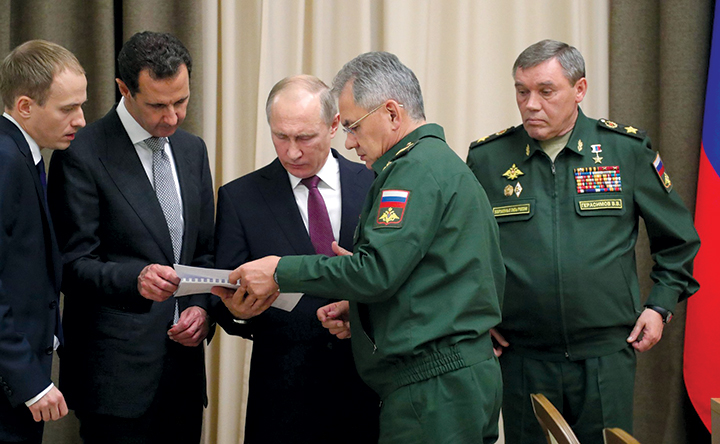
By Michael Kofman & Matthew Rojansky, JD
Discussion of the defense of the Baltic States against Russian aggression must also include consideration of what a successful end state would look like should a war be fought in the region, as well as how to take advantage of Russia’s self-identified weakness—its own public.
Published: March-April 2018 Edition of Military Review, p 6
Download the PDF 
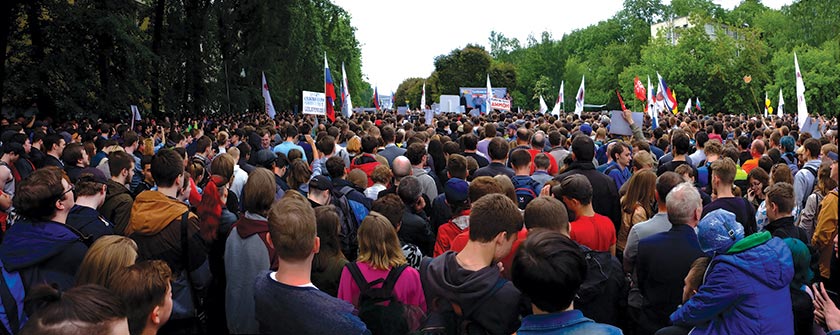
The Russian Public and War Termination in the Baltic States
By Lukas Milevski, PhD
Discussion of the defense of the Baltic States against Russian aggression must also include consideration of what a successful end state would look like should a war be fought in the region, as well as how to take advantage of Russia’s self-identified weakness—its own public.
Published in the Military Review January-February 2018 Edition, p 58.
Download the PDF 
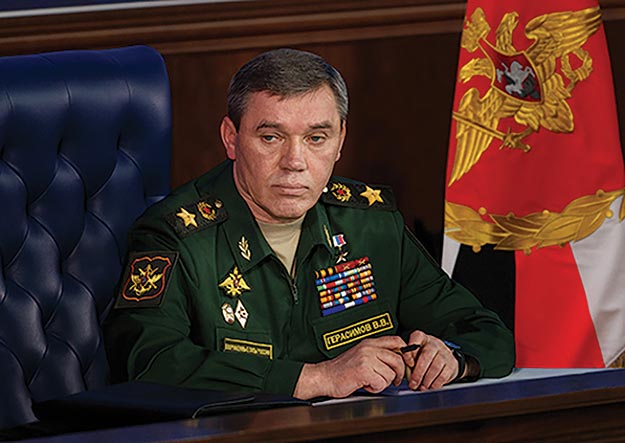
General of the Army Valery Gerasimov, Chief of the General Staff of the Russian Federation Armed Forces
Translated by Dr. Harold Orenstein
Foreword by Timothy Thomas
Russia’s top military figure describes the state of warfare from a Russian perspective in a speech at a conference held at the Russian Academy of Military Sciences. Translated by Dr. Harold Orenstein with a foreword by Timothy Thomas, formerly of the Foreign Military Studies Office on Fort Leavenworth, Kansas.
Published in the Military Review Nov-Dec 2017 Edition, p 22.
Download the PDF 
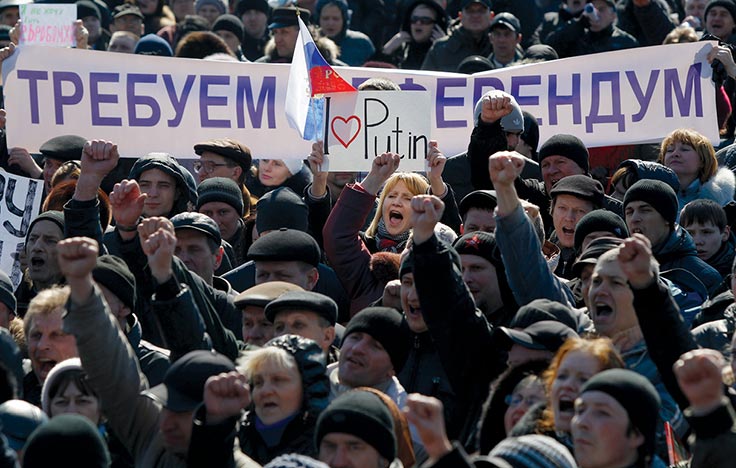
How Russian Actions in the Information Space are Inverting Doctrinal Paradigms of Warfare
Maj. Scott J. Harr, U.S. Army
Recent Russian information operations have inverted commonly held U.S. paradigms of warfare. The author relates some major implications of those operations for U.S. joint forces in terms of policy, doctrine, and capabilities. (First place, Armed Forces Communications Electronics Association (AFCEA) Excellence in Joint Command, Control, Communications, Computers and Intelligence (JC4I)/Information Operations (IO) Writing Contest)
Published in the Military Review Sept-Oct 2017 Edition, p 39.
Download the PDF 

Reinvigorating U.S. Strategy in Iraq and Syria
Maj. Kyle D. Packard, U.S. Army
An Army strategist describes how using a Fabian strategy—a guerrilla-style war of attrition to isolate and starve an enemy force—could be effective against Islamic extremism in Iraq and Syria.
Published in the September-October 2017 Edition of Military Review, p 60.
Download the PDF 
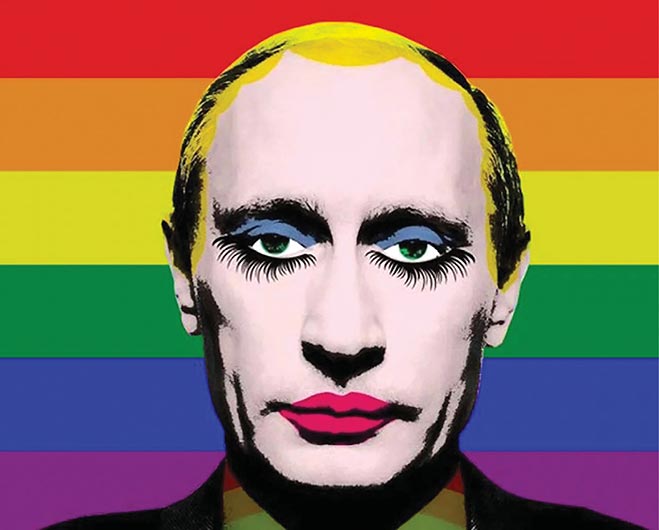
By J. Michael Waller, PhD
The author provides numerous examples of how satire and ridicule are effective, inexpensive instruments of psychological warfare. He recommends that the U.S. government consider ridicule as a strategic weapon.
Published in the Military Review Sept-Oct 2017 Edition, p 49.
Download the PDF 
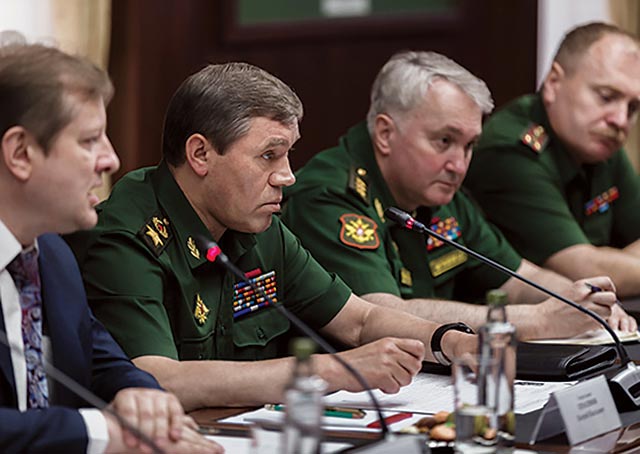
By Lt. Col. Timothy Thomas, U.S. Army, Retired
This article discusses the three Russian military articles about which most Western military analysts specializing in Russia have focused their attention over the past four years. Unlike other analyses of those articles, this one offers a different perspective in that it compares them side by side, examining the text of the original versions and not merely the press reports about them.
Published in the Military Review July-August 2017 Edition, p 34.
Download the PDF 

The Need for a Revolution in Civil-Military Affairs
By Anthony H. Cordesman
Using the situation in Syria as an example, the author explains how the United States needs a revolution in civil-military affairs to be successful in fighting failed-state wars that involve major counterinsurgency campaigns and reliance on host-country forces.
Published in the May-June Edition of Military Review 2017, p 44.
Download the PDF 
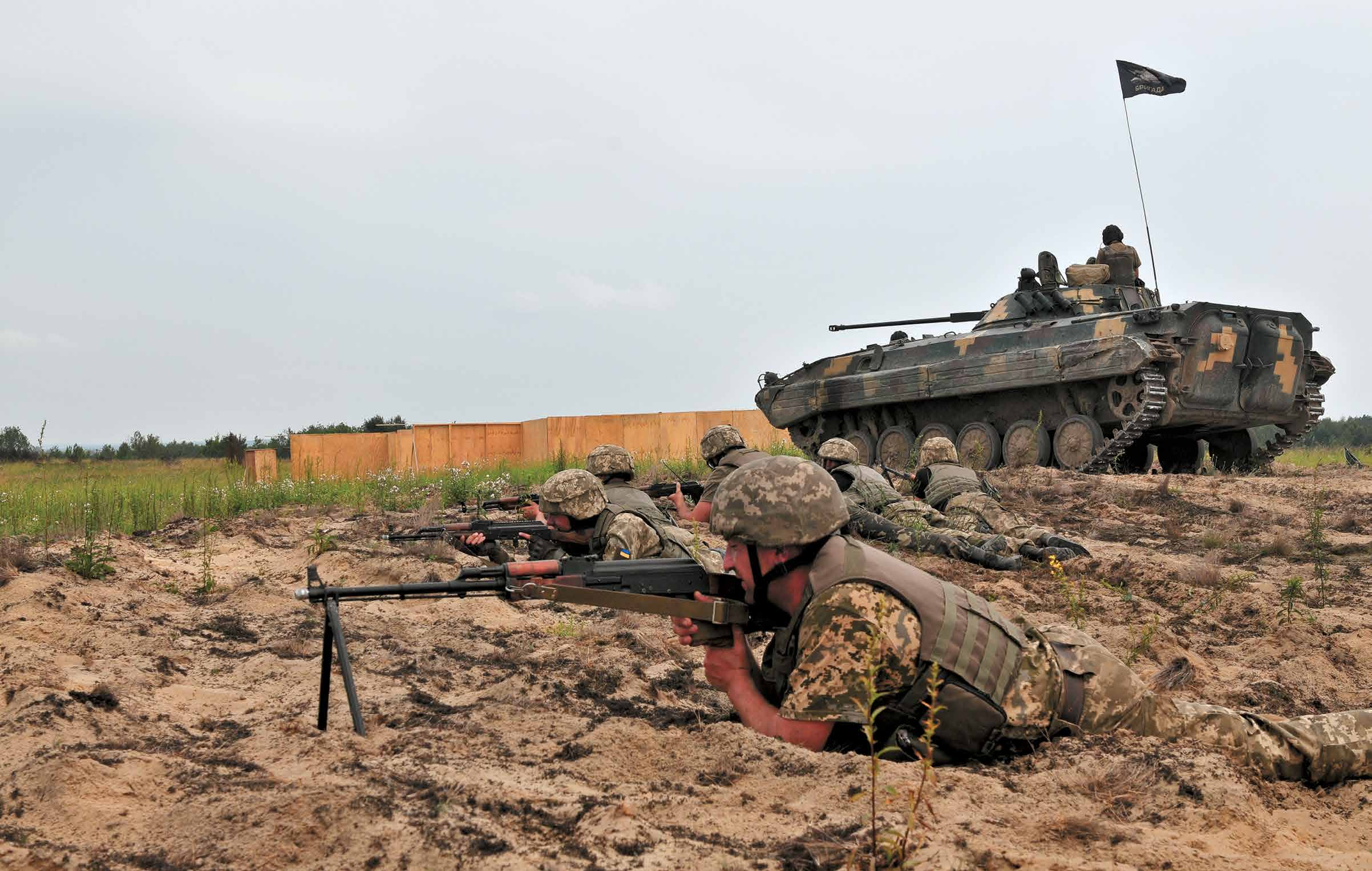
ByCol. Nick Ducich, U.S. Army
Lt. Col. Nathan Minami, U.S. Army
Maj. Ryan Riggin, U.S. Army
Capt. Jacob Austin, U.S. Army
This case study suggests that action learning and the andragogy model can assist in changing cultural norms in the Ukrainian army, and possibly with other forces in Eastern Europe, while rapidly producing modernized and NATO-interoperable formations.
Published as a Military Review November-December 2016 Edition, p. 44.
Download the PDF 

By Col. William M. Darley, U.S. Army, Retired
U.S. military leaders should become familiar with Lenin’s principles and tactics of revolutionary activism as they are frequently employed today by insurgents, authoritarian regimes, and many domestic lobbying and community organizing groups to obtain political and operational objectives.
Published in the November-December 2016 Edition of Military Review, p 114.
Download the PDF 

By President Vladimir Putin
This is the official transcript of a speech given by Russian President Vladimir Putin 28 September 2015 to the UN General Assembly as released by the office of the Russian president.
Published in the January/February 2016 Edition of Military Review, p 16.
Download the PDF 
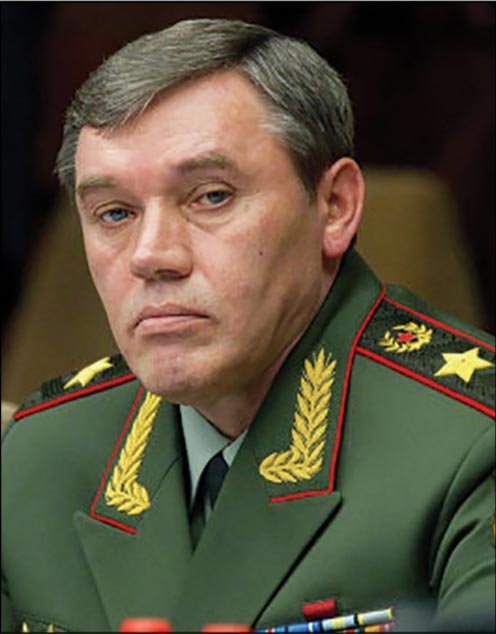
By Charles K. Bartles
This is the official transcript of a speech given by Russian President Vladimir Putin 28 September 2015 to the UN General Assembly as released by the office of the Russian president.
Published in the Military Review January/February 2016 Edition p 30.
Download the PDF 

The Status Quo and a Strategically Pragmatic Approach Forward
By Lt. Col. Klaudius Robinson
The purpose of this opinion piece is to spur discussion and offer recommendations on what strategic stance the United States should take towards the Russian Federation. Initially, I will present some facts to frame the status quo and offer those not familiar with Russia, Europe, or Eurasia some background on which to base the discussion.
Published as a Military Review online exclusive article, June 10, 2016.
Download the PDF 
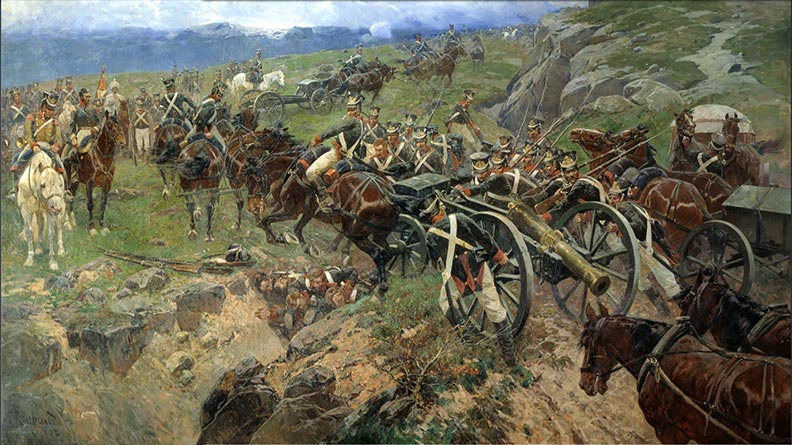
The Evolution—Not Revolution—of the Russian Way of Warfare
By Maj. Nick Sinclair, U.S. Army
The post-Cold War honeymoon with Russia is over. Russia’s seizure of the Crimea and the subsequent conflict to annex the Donbas imperils the legitimacy of the NATO alliance. U.S. allies on NATO’s eastern flank foresee the same aggression occurring in their countries and, having endured Moscow’s suzerainty for over a half century, these nations prefer freedom to vassalage.
Published in the Military Review May-June 2016 Edition, p 8.
Download the PDF 
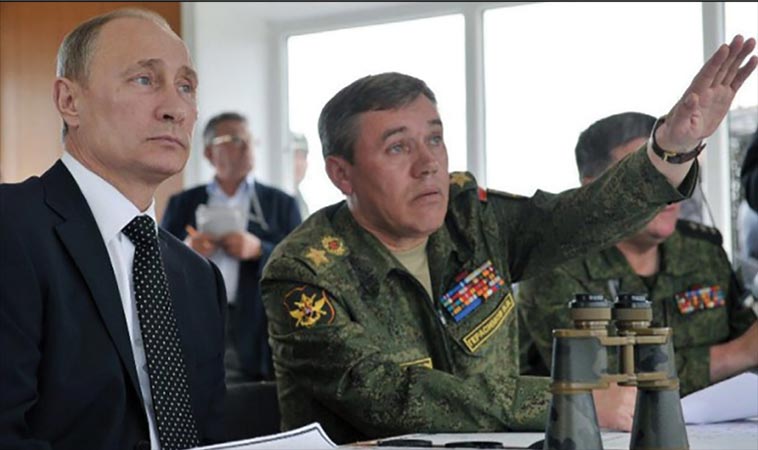
New Challenges Demand Rethinking the Forms and Methods of Carrying out Combat Operations
General of the Army Valery Gerasimov, Chief of the General Staff of the Russian Federation Armed Forces
The chief of the General Staff of the Russian Federation Armed Forces provides a Russian perspective on the future of war.
Published in the Military Review January-February 2016 Edition, p 23.
Download the PDF 
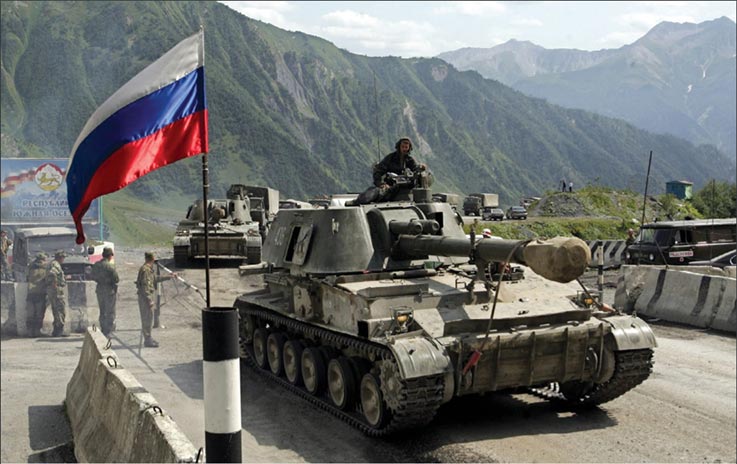
By John Mearsheimer, PhD
In an article adapted from a speech, a political scientist discusses what he considers failings in U.S. and NATO policy regarding Europe and Russia since 2008. He describes a policy change that he believes could end the crisis in Ukraine although the U.S. turn toward Asia and the uncertain future of NATO would likely prevent its implementation.
Published in the Military Review May-June 2016 Edition, p 27.
Download the PDF 
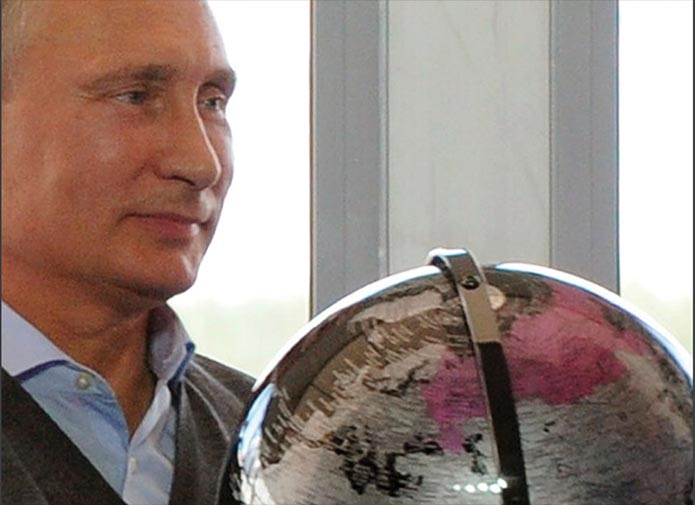
By George Michael, Ph.D.
The Russian military’s foray into the Ukrainian peninsula of Crimea in late February 2014 set in motion a chain of events that some observers fear threatens to dismantle the post-Cold War order presumed to be based on global integration and the rule of international law.
Published in the Military Review January-February 2015 Edition, p 99.
Download the PDF 

The Tyranny of Means
By Maj. Michael Cohen
The purpose of this opinion piece is to spur discussion and offer recommendations on what strategic stance the United States should take towards the Russian Federation. Initially, I will present some facts to frame the status quo and offer those not familiar with Russia, Europe, or Eurasia some background on which to base the discussion.
Published as a Military Review online exclusive article, June 10, 2016.
Download the PDF 

View from Turkey
By Karen Kaya
A Middle East and Turkey analyst for the Foreign Military Studies Office provides insight into the impact of the Syrian crisis on Turkey, the Middle East, and the international community.
Published in the March-April Edition of Military Review 2014, p 43.
Download the PDF 

By Capt. Walter C. Haynes, U.S. Army
The influx of refugees caused by the Syrian Civil War could destabilize Jordan, an important U.S. ally in the Middle East, through a deterioration of that country’s national identity. The author provides context for the current crisis by examining a similar refugee flow of Palestinians during the 1940s and 1950s and discusses several possible outcomes.
Published in the January-February 2016 Edition of Military Review, p 45.
Download the PDF 
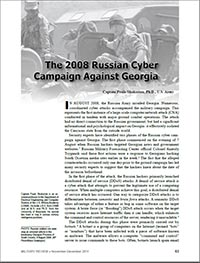
By Captain Paulo Shakarian, Ph.D., U.S. Army
Priority information requirements and cyber reconnaissance and surveillance planning should be adjusted to account for a cyber-capable enemy.
Published in the Military Review November-December 2011 Edition, p 63.
Download the PDF 

Lieutenant Commander Cindy Hurst, U.S. Navy Reserve
In July 2007, Russia’s Duma passed a bill that would allow energy companies Gazprom (Russia’s state-owned natural gas monopoly) and Transneft (which controls Russia’s oil pipeline infrastructure) the right to create private, internal armies. The new bill raised concern internationally and within the Kremlin that such a move would give these companies too much power
Published in the Sep-Oct 2010 Edition of Military Review, p 59.
Download the PDF 
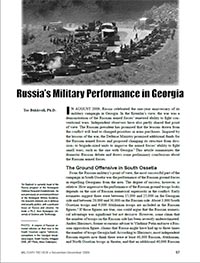
By Tor Bukkvoll, Ph.D.
Russian operations in Georgia demonstrated that a large force of organized, trained, and equipped troops could defeat a small force partially equipped by the U.S.
Published in the Military Review November-December 2009 Edition, p 57.
Download the PDF 
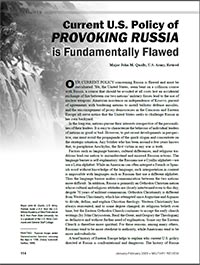
By Major John M. Qualls, U.S. Army
Our current policy concerning Russia is flawed and must be reevaluated. We, the United States, seem bent on a collision course with Russia, a course that should be avoided at all costs lest an accidental exchange of fire between our two nations’ military forces lead to the use of nuclear weapons.
Published in the Military Review January-February 2009 Edition, p 114.
Download the PDF 
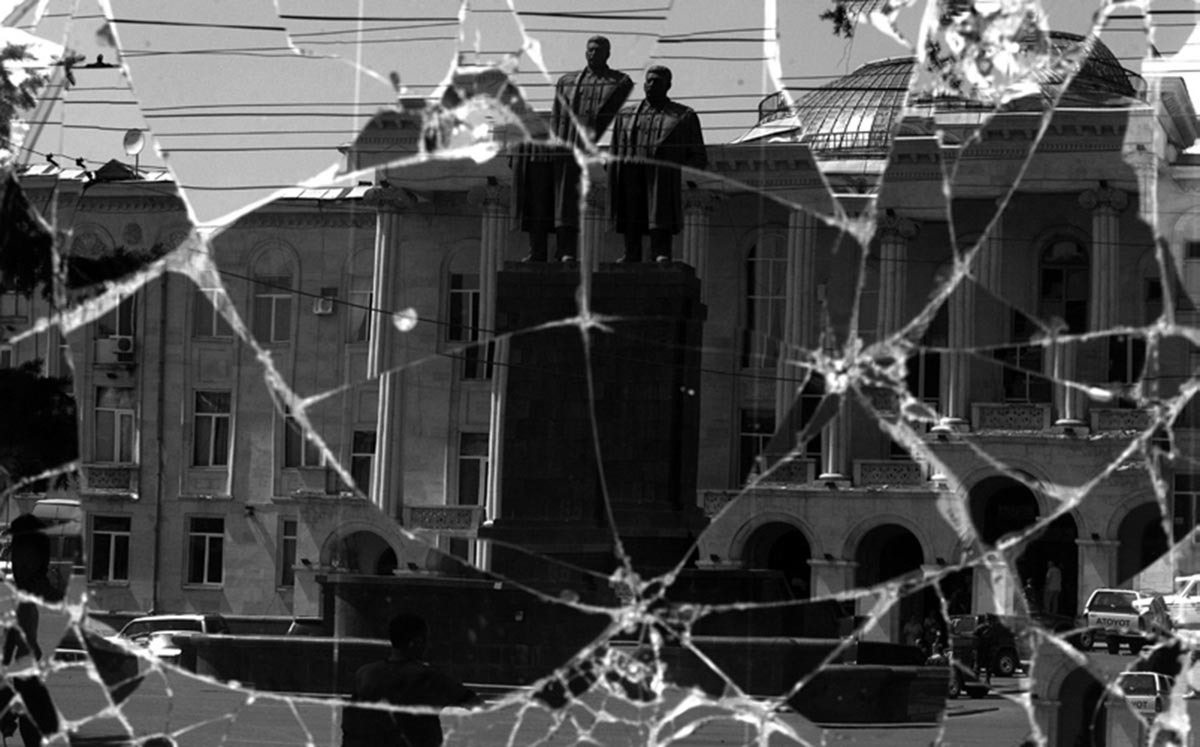
The War Russia Lost
Stephen J. Blank Ph.D.
The Strategic Studies Institute’s expert on the Soviet bloc and the post-Soviet world examines the ramifications of Russia’s recent posturing.
Published in the Military Review November-December 2008 Edition, pg 39
Download the PDF 
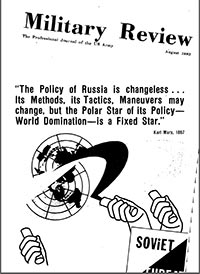
By Various Authors
The Army today faces a new era of strategic realities. In the 1950s and 1960s, the United States not only carried most of the military responsibilities of the Western world, but it also possessed the lion's share of the economic power. Its strategic military superiority was unquestioned, and its lead in economic development and technology was awing By the 1970s, four changes had occurred that created a new strategic context for the post-World War II international order.
Published in the Military Review August 1982 Russian Edition.
Download the PDF 
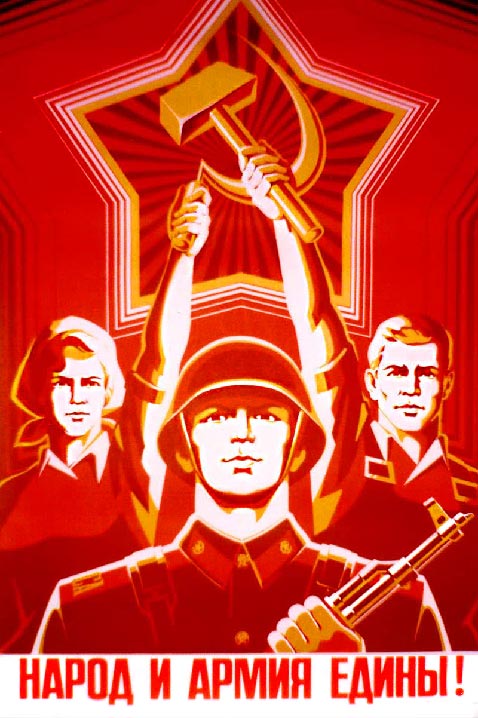
By John C. Clews
This article was digested from the original, published in the NATO LETTER (France) November 1964. Mr. Clews is a member of the Soviet A fairs Seminars at the London School of Economics and Saint Anthony’s College, Oxford, and of the Royal Institute of International Affairs.
Published in the Military Review July 1965 Edition, p 84.
Download the PDF 
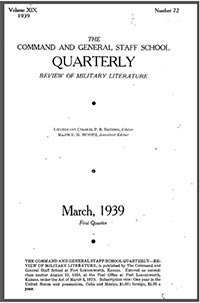
Quartly REVIEW OF MILITARY LITERATURE vol. XIX March 1939 No. 72
By Captain H. N. Hartness, Infantry
Infantry in close cooperation with artillery and tanks decides the issue of combat, by decisive, aggressive conduct in the attack and by maintaining its position in the defense.
Published in the Review of Military Literature March 1939.
Download the PDF 
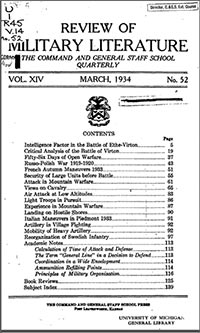
REVIEW OF MILITARY LITERATURE vol. XIV March 1934 No. 52
Abstracted by Captain F. During
Very little has been written about the Russo-Polish War of 1919-1920, which is to be regretted, as the war is of especial interest because it was fought immediately after the World War in which highly trained armies faced each other; while in the Russo-Polish War, on the other hand, we find poorly trained, poorly armed and equipped troops, led by inefficient leaders. This war resembles to some degree the American Civil War.
Published in the Review of Military Literature March 1934.
Download the PDF 
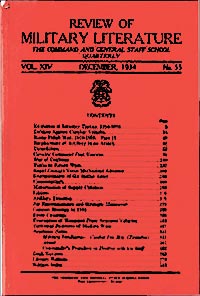
REVIEW OF MILITARY LITERATURE vol. XIV March 1934 No. 55
Abstracted by Captain F. During
Abstracted from Militarwissensebaftliche Milteilungen, May, 1934. "Der russisch·polnische Krieg 1919-1920. Unkritisehe und kritische Betrachtugen" by Colonel Alfred von Wittich. "See No. RML No. 52, page 43, for first installment of this series.
Published in the Review of Military Literature December 1934.
Download the PDF 
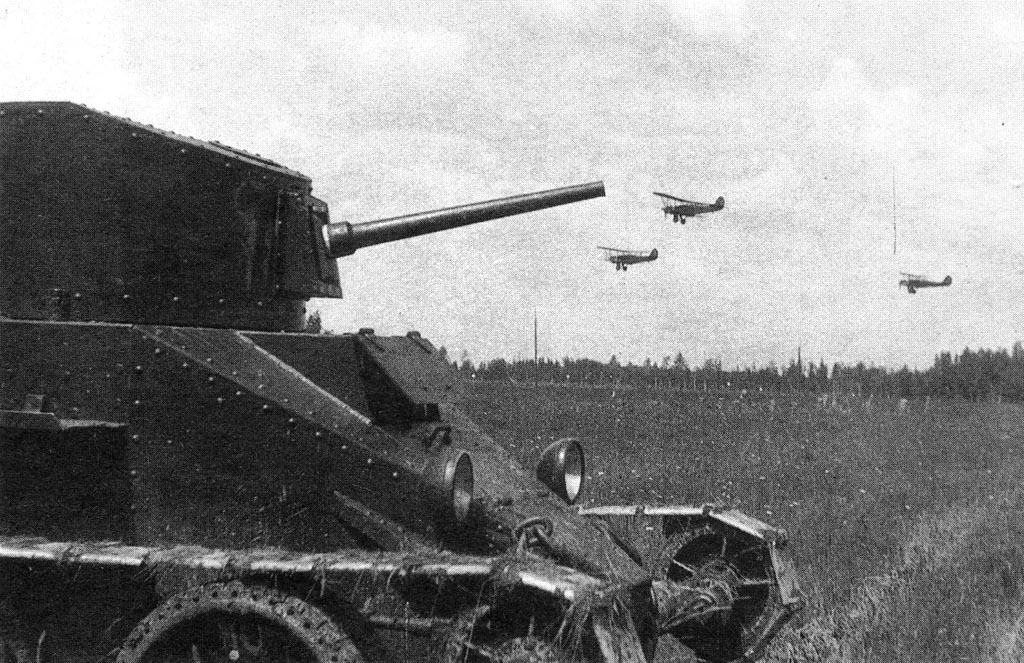
Abstracted by Major R.C. Smith
Abstracted from Idees russes sur f'emploi des chars modernes, by Lieut.-Colonel Mendras. Revue d'Infanterie, December 1932.
Published in the Review of Military Literature March 1933.
Download the PDF 
Back to Top
External Links Disclaimer
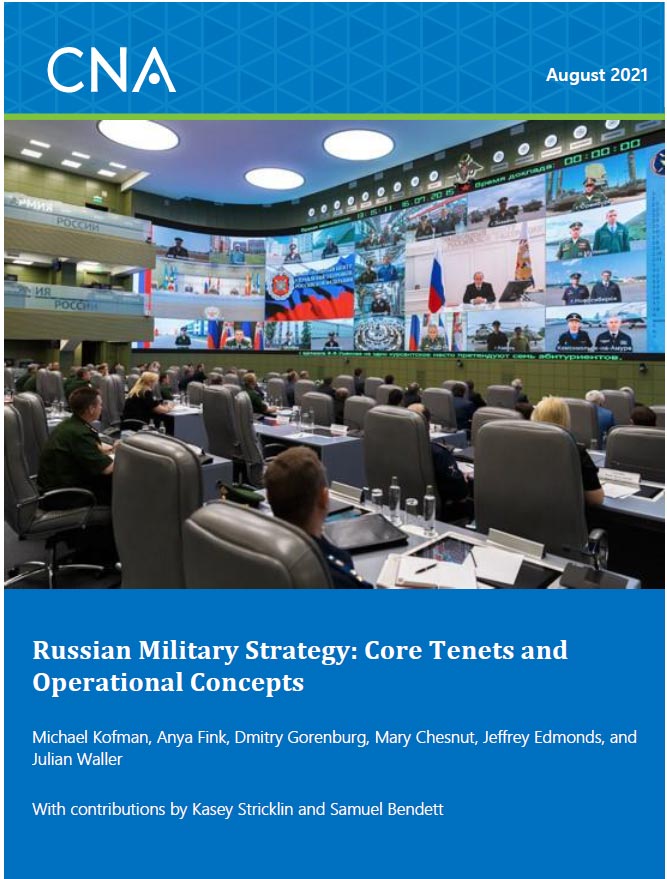
Michael Kofman, Director, Russia Studies Program, kofmanm@cna.org
Anya Fink, Research Analyst, Russia Studies Program, finka@cna.org
Dmitry Gorenburg,
Mary Chesnut,
Jeffrey Edmonds,
Julian Waller
This paper explores the core tenets of Russian military strategy and associated operational concepts, situating its role within the Russian system of knowledge on military security.
Published by CNA, 6 August 2021
Download the PDF 
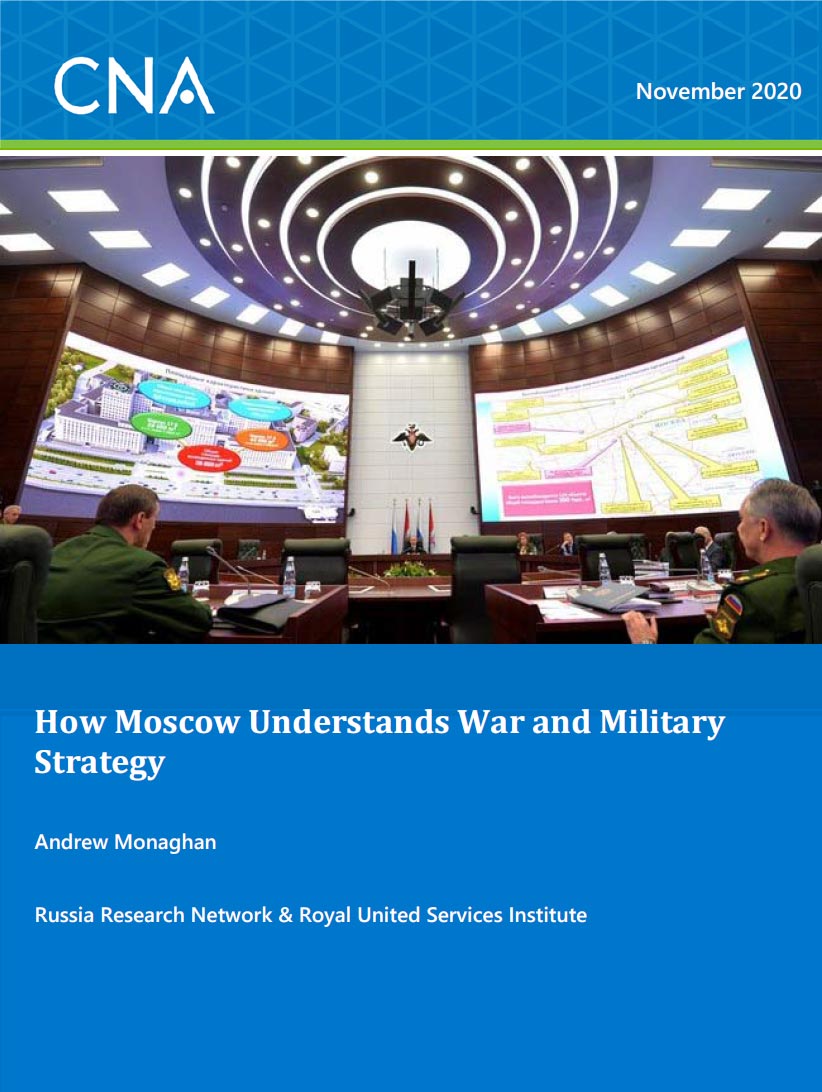
Andrew Monaghan Russia Research Network & Royal United Services Institute
This paper assesses the evolution in Russian military strategy on the question of escalation management, or intra-war deterrence, across the conflict spectrum from peacetime to nuclear war. Russia’s overarching approach to deterrence, called “strategic deterrence,” represents a holistic concept for shaping adversary decision making by integrating military and non-military measures.
Published by CNA, November 2020
Download the PDF 
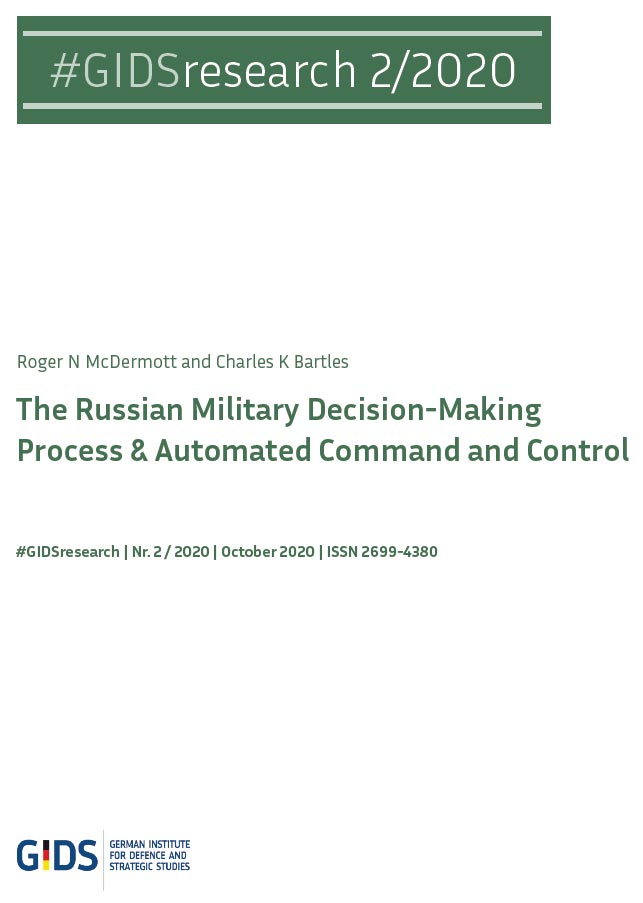
Roger N McDermott and Charles K Bartles
The following study explores the complex contours of the process of decision-making in the Russian military, as well as the various influences involved and how this differs so vividly at times from the approaches or standard methods used in NATO militaries.
Published by GIDSresearch, October 2020
Download the PDF 

Evolution of Key Concepts
Michael Kofman, Anya Fink, Jeffrey Edmonds
This paper assesses the evolution in Russian military strategy on the question of escalation management, or intra-war deterrence, across the conflict spectrum from peacetime to nuclear war. Russia’s overarching approach to deterrence, called “strategic deterrence,” represents a holistic concept for shaping adversary decision making by integrating military and non-military measures.
Published by Russia Strategic Initiative, U.S. European Command, Stuttgart, Germany 13 April 2020
Download the PDF 
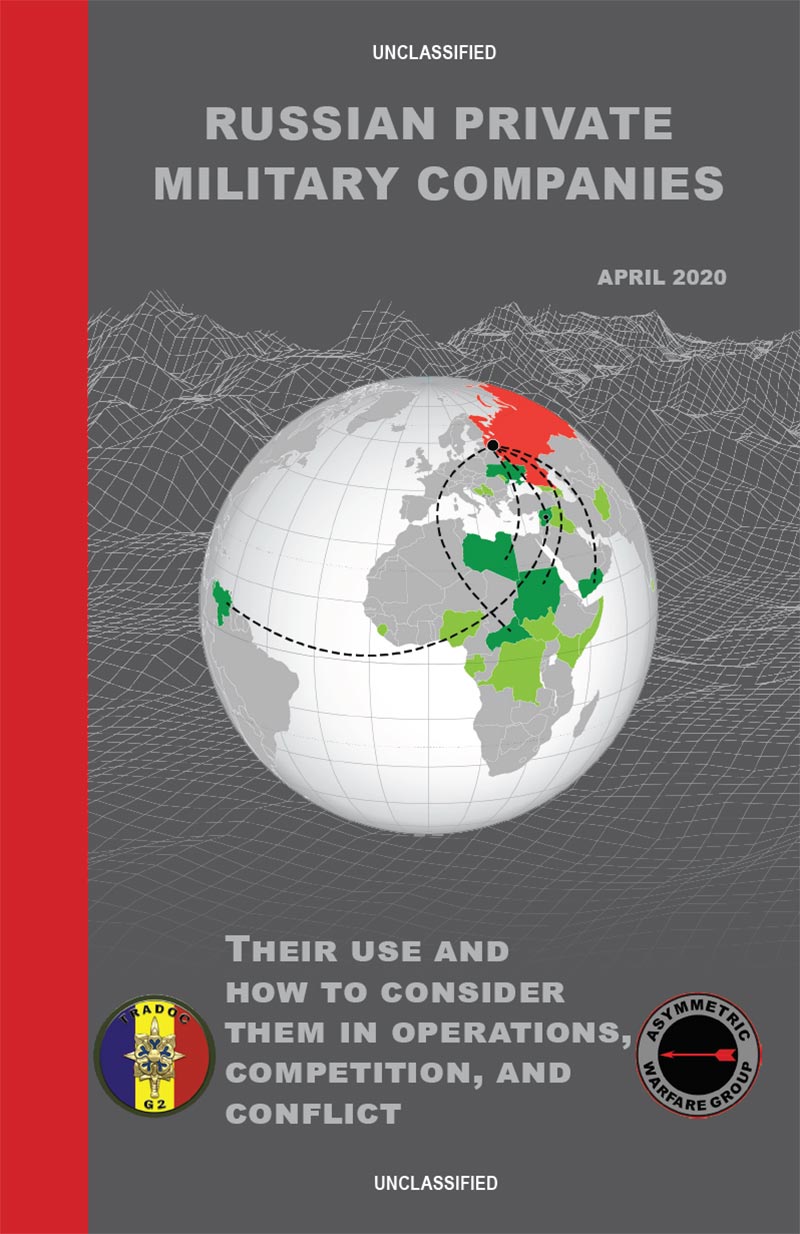
Their use and how to consider them in operations, competition, and conflict.
Johns Hopkins University Applied Physics Laboratory (JHU/APL) sponsored by The Asymmetric Warfare Group (AWG)
The resulting report complements AWG’s work observing threats in the operational environment, and is also extremely valuable for others who may have to counter PMCs in the future. As this report demonstrates, PMCs pose unique dilemmas, but they also have unique vulnerabilities due to their informal nature and ambiguous status as illegal armed forces.
Published by The Asymmetric Warfare Group (AWG) April 2020
Download the PDF 
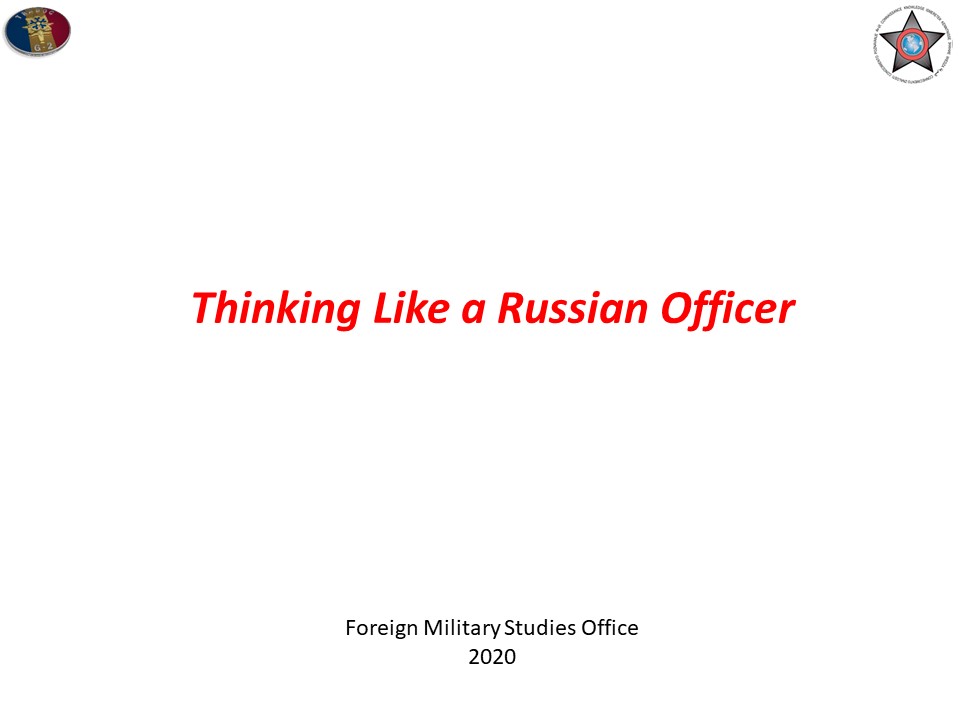
Wilhelm 2020 v2
For hundreds of years rarely in Russian history has a generation passed without experiencing a calamity that tears the family apart; that uproots the foundation of career, property and/or savings. In most cultures “Fate” or “God’s will” is the explanation of last resort for life’s inexplicable tragedies. But in Russia Fate is also the all-powerful fist of history that periodically crushes everything in its path. War, civil war, famine, economic collapse – these are the historic forces that come at least once in a generation to destroy lives and remind the average Russian that all of their efforts to build security and prosperity are nothing in the face of History. Catastrophic change is inevitable – sooner or later it will come and impose itself upon us. It is folly to think one can avoid it. Darrell Stanaford
Published by Foreign Military Studies Office 2020.
Download the PDF 
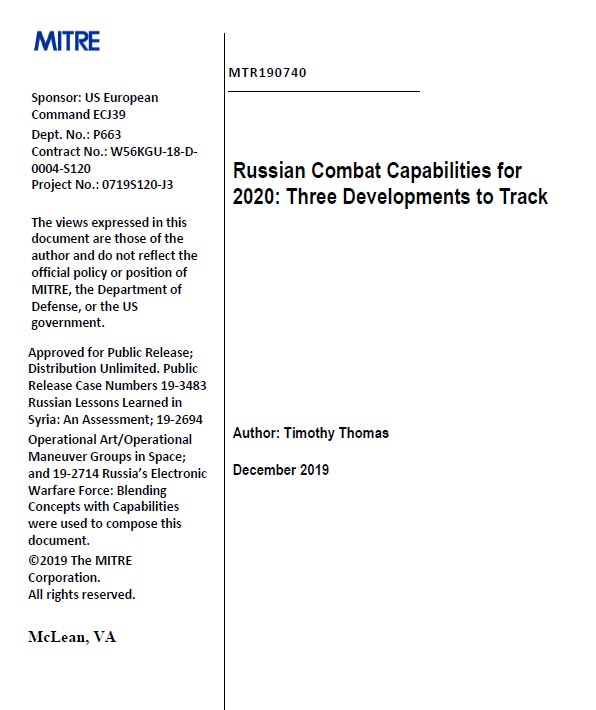
Three Developments to Track
By Timothy L. Thomas
As Russia’s military continues to modernize, there are several important concepts to track that have either developed (as in Syria) or are home grown and under serious consideration. These developments appear to support the development of a new theory of warfare in Russia that, according to Shoygu and Gerasimov, relies on a combination of classical and asymmetric concepts.
Published by The MITRE Corporation, December 2019.
Download the PDF 
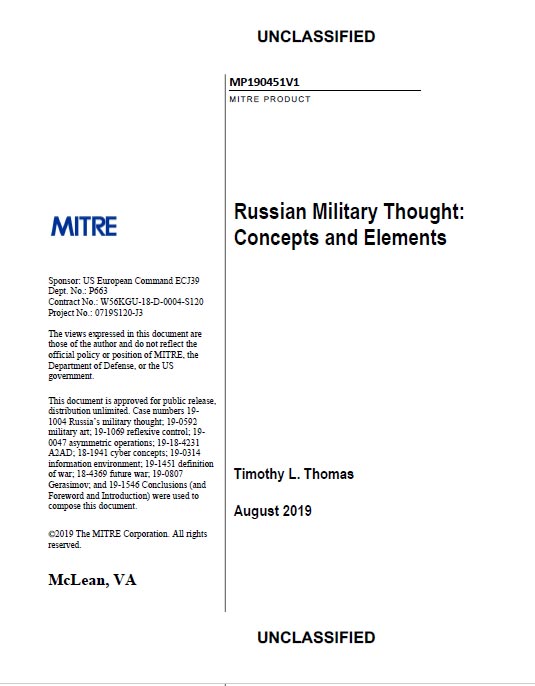
Concepts and Elements
By Timothy L. Thomas
The report is of interest for its focus on purely Russian military thought. It attempts to avoid mirror imaging Western concepts (hybrid, grey zone, etc.) onto Russian military thinking.
Published by The MITRE Corporation, August 2019.
Download the PDF 

Russia Lessons for the Art of Strategy
By Dmitry Adamsky
Published: July 2018 by Russie.Nei.Visions
Download the PDF 

By Seth G. Jones, Harold Brown Chair; Director, Transnational Threats Project; and Senior Adviser, International Security Program
Published: May 17, 2018 by the Center for Strategic & International Studies (CSIS)
Download the PDF 

By Chuck Bartles, Foreign Military Studies Office December 28, 2017

By Major Charles K. Bartles
Russia is an important power with modernized Armed Forces and nuclear arsenal. Intelligence professionals should avoid mirror-imaging Russian thinking, warfighting, and desired end states. Given the significance of Russia, intelligence professionals need to understand how a resurgent Russia is asserting itself through Russian New Generation
Published by the Military Intelligence, Foreign Military Studies Office, October - December 2017.
Download the PDF 
US-backed Syrian Civil Council Pardons Dozens of Islamic State Members
By Rikar Hussein and Mahmoud Bali, voanews.com August 16, 2017
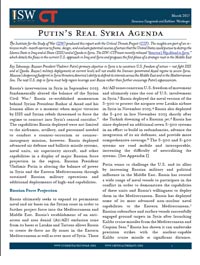
By Genevieve Casagrande and Kathleen Weinberger
The Institute for the Study of War (ISW) produced this report with the Critical Threats Project (CTP). The insights are part of an intensive multi-month exercise to frame, design, and evaluate potential courses of action that the United States could pursue to destroy the Islamic State in Iraq and al Sham (ISIS) and al Qaeda in Syria. The ISW-CTP team recently released “America’s Way Ahead in Syria,” which details the flaws in the current U.S. approach in Iraq and Syria and proposes the first phase of a strategic reset in the Middle East
Published by the Institute for the Study of War, March 2017.
Download the PDF 
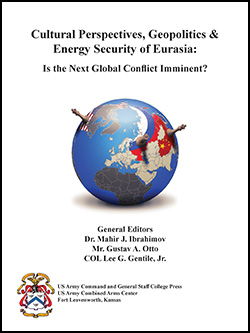
Is the Next Global Conflict Imminent?
By Dr. Mahir J. Ibrahimov; Mr. Gustav A. Otto; COL Lee G. Gentile, Jr.
232 Pages
Published: 2017
Marking the anniversary of the Ukraine Revolution of 2014, the Army University Press is pleased to announce the publishing of "Cultural Perspectives, Geopolitics & Energy Security of Eurasia: Is the Next Global Conflict Imminent?" This anthology was written under the auspice of CREL Management Office (CRELMO), and provides insight and observations on the importance of the Eurasia region, including Russia and other countries of the former USSR. The articles that make up this work provide a detailed description of regional realities, including a contextual discussion of the current Ukraine situation, viewed through the prism of Russia’s traditional military-strategic culture. As with all countries in the Eurasian region, Russia’s traditional strategic interests play a critical role in the geopolitical and socio-cultural situation in that region. The observations and insights in this volume are important for Army professionals who lead Soldiers in a variety of missions across the globe. The anthology goes beyond the obvious military strategic nexus and seeks to identify new spaces for consideration by planners and policymakers alike. (From introduction by MG John S. Kem, Provost, Army University.) This and all other Army University Press publications can be accessed here.
Download the PDF 
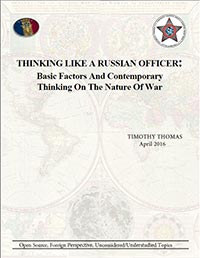
Basic Factors And Contemporary Thinking On The Nature of War
By Timothy Thomas
This monograph consists of two parts. The first part examines the basic structure of Russian military thought as it has evolved over time. The second part examines four different sources contributing to current Russian military thinking: the official voices of the defense ministry; two sets of theorists who have dominated thinking regarding the nature of war in popular Russian military publications, and contributions by other individuals and groups concerned with military theory and practice.
Published by the Foreign Military Studies Office, April 2016.
Download the PDF 
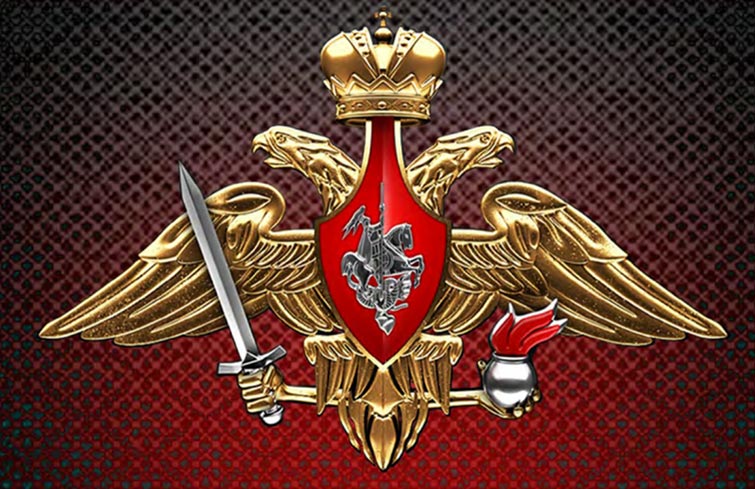
Force Structure, Tactics, and Modernization of the Russian Ground Forces
By Dr. Lester W. Grau
Charles K. Bartles
In 1984, Lieutenant General William Richardson, the commander of the U.S. Army's Training and Doctrine Command (TRADOC), authorized the creation of an office modeled after the British Army's Soviet Studies Research Center (SSRC) an order to provide unclassified material from primarily Russian sources for U.S. Army training and education. The Soviet Army Studies Office (SASO) opened at Fort Leavenworth in 1986 and was staffed with civilian academics and U.S. Army foreign area officers who were proficient in Russian, understood Russian and Soviet histories and military institutions, and had traveled, studied or lived in the Soviet Union.
Published by the Foreign Military Studies Office 2016.
Download the PDF 
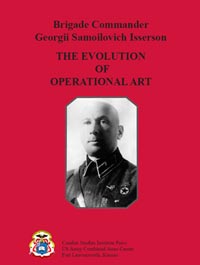
By Brigade Commander Georgii Samoilovich Isserson
One can argue that the development of true doctrine required the formal adoption of the concept of operational art. Prior to the Great War, no army in the world possessed a codified body of thought that enabled senior military commanders to visualize the aggregate effects of tactical engagements across time and space. By 1918, after a dramatic revision of drill regulations into something approaching true doctrine, the German army was furthest in realizing this goal. Ultimately, though, the Germans could not translate tactical success into strategic victory because they could not resource military operations in sufficient depth to render local successes decisive.
Published by the Combat Studies Institute Press, US Army Combined Arms Center, Fort Leavenworth, Kansas 2013.
Download the PDF 